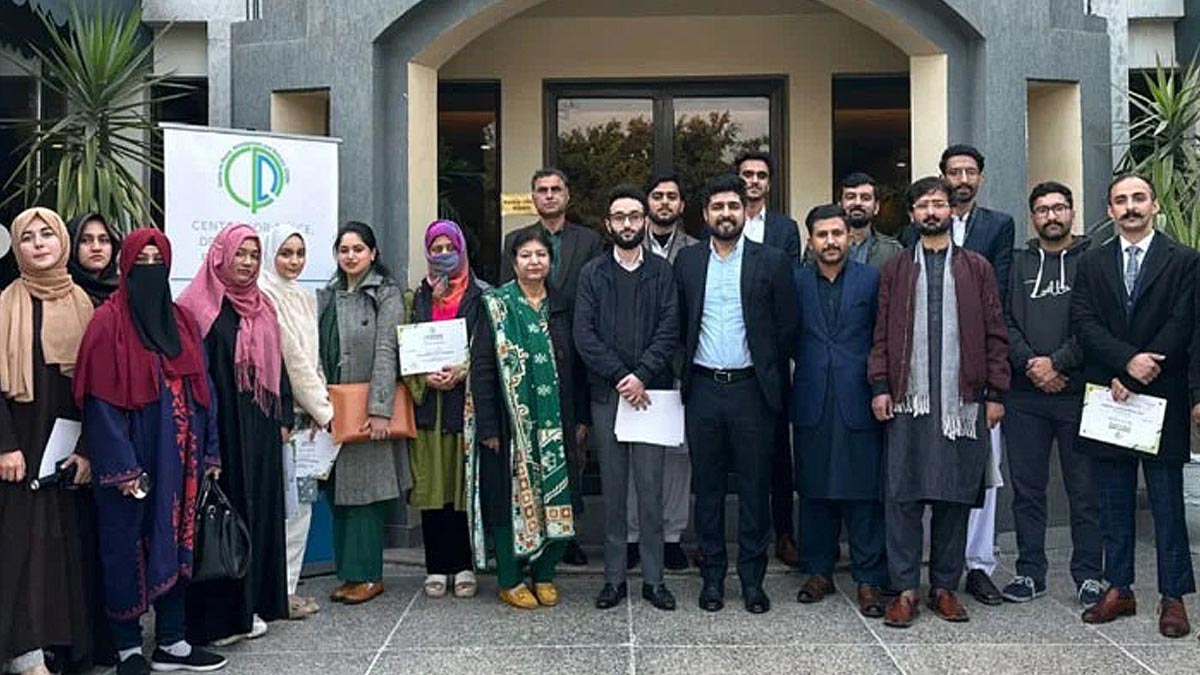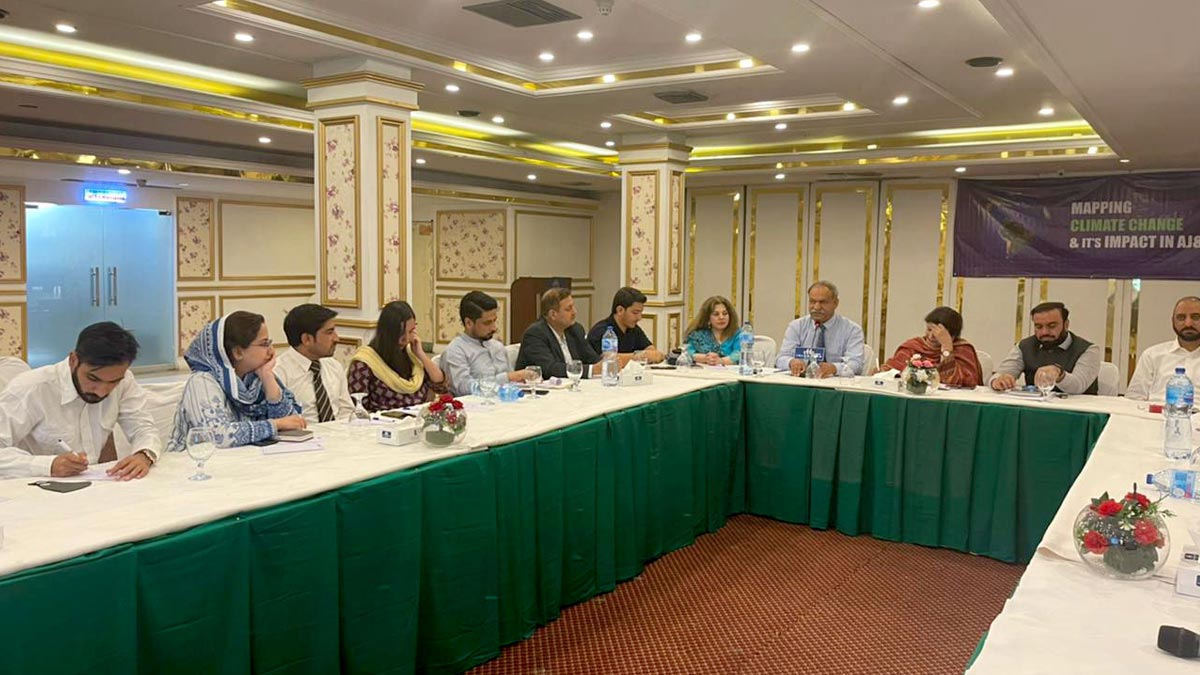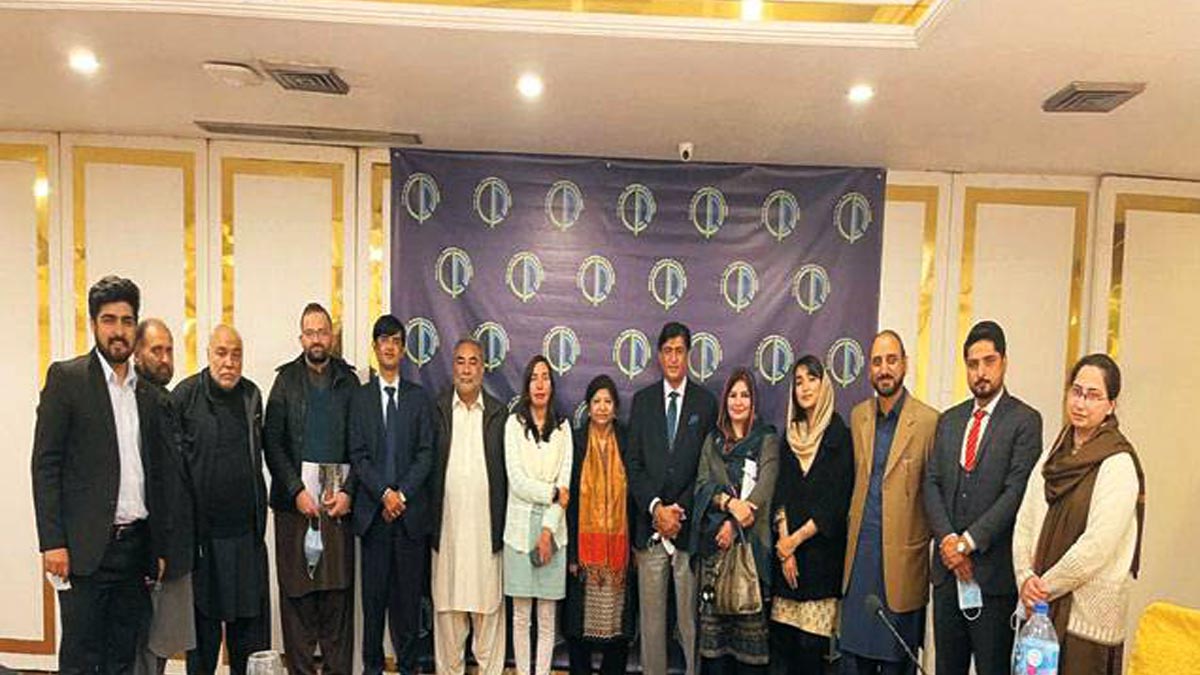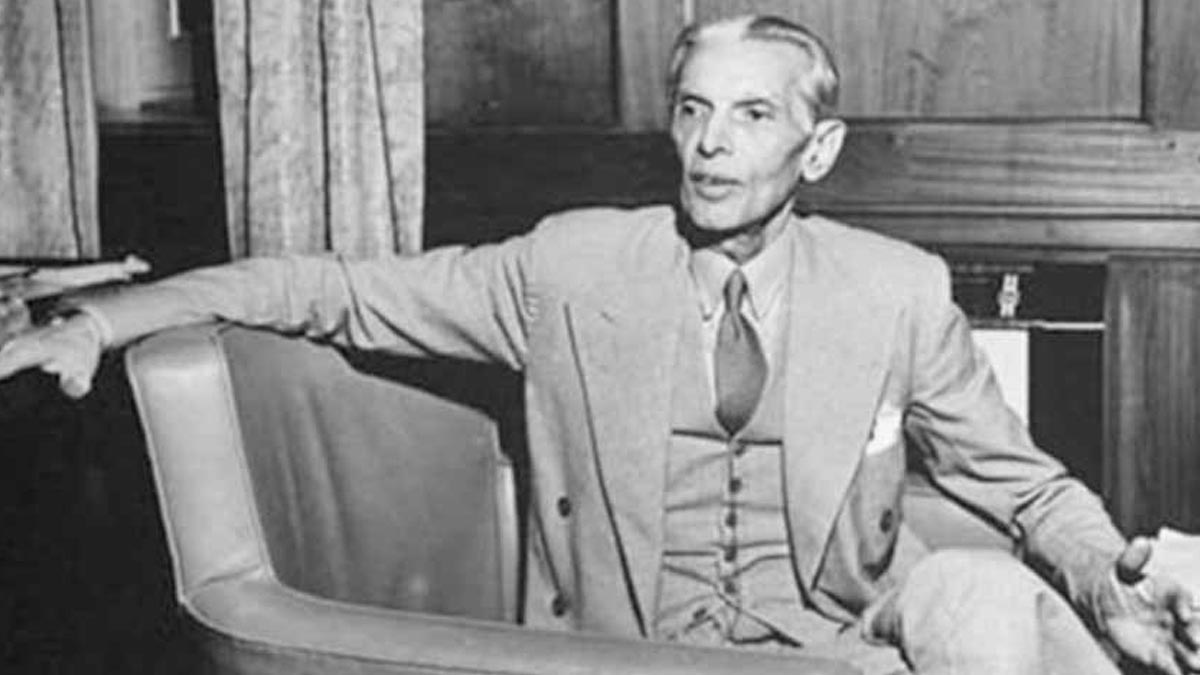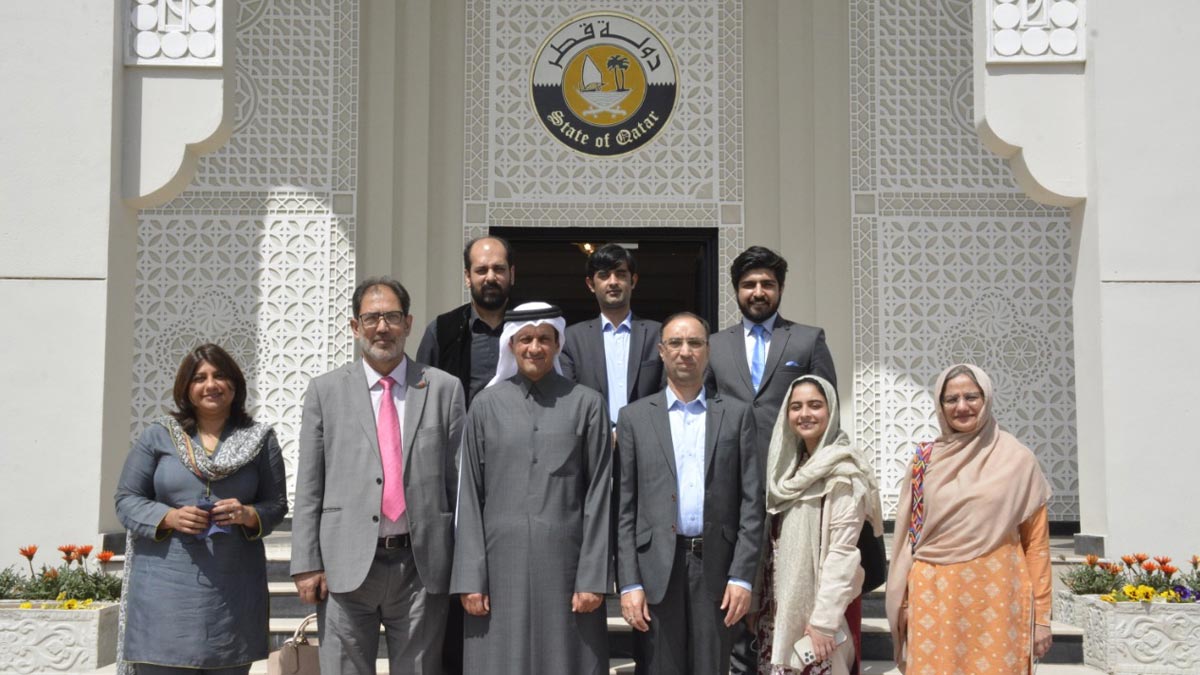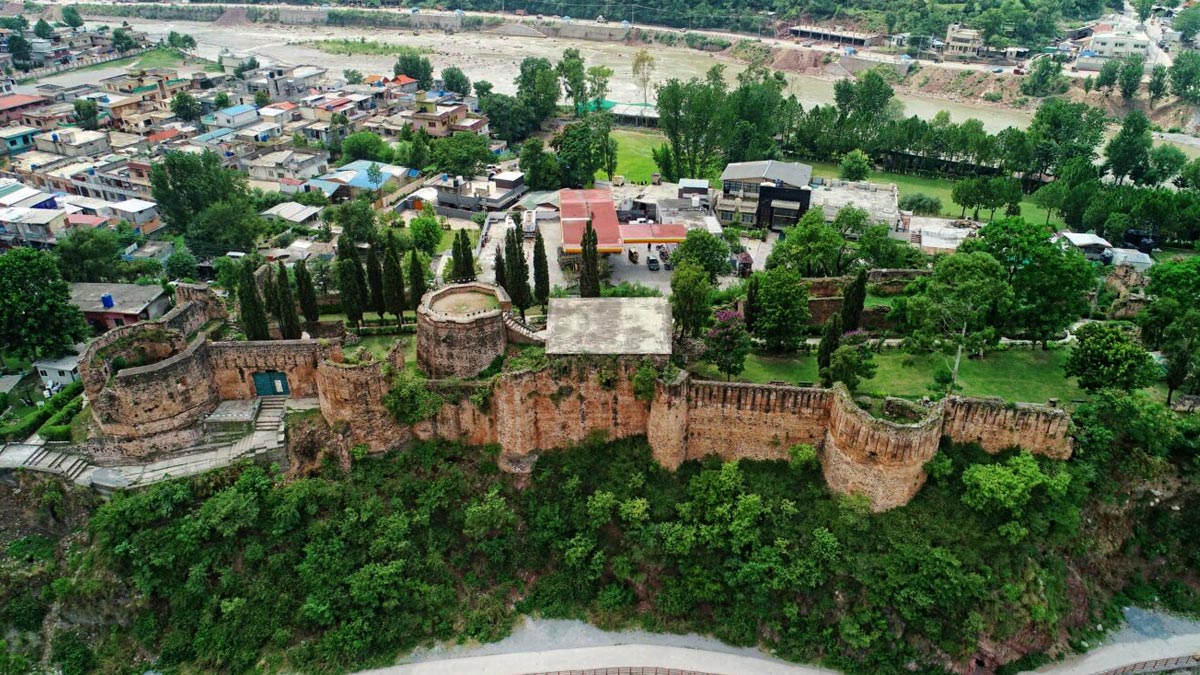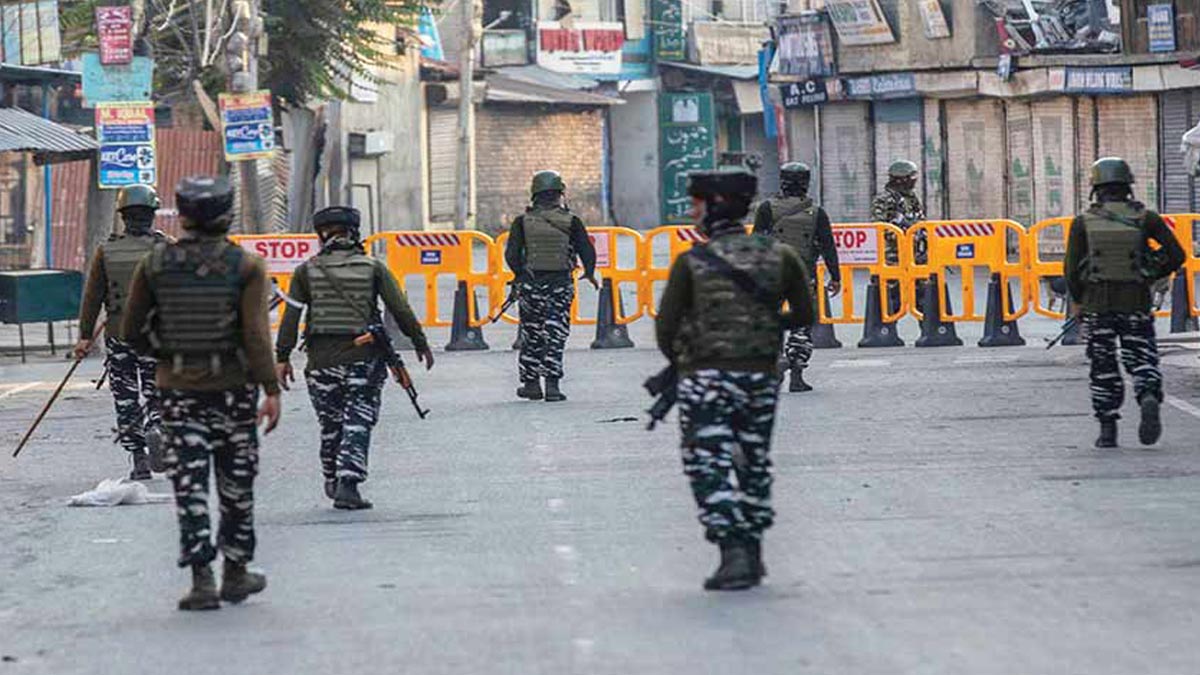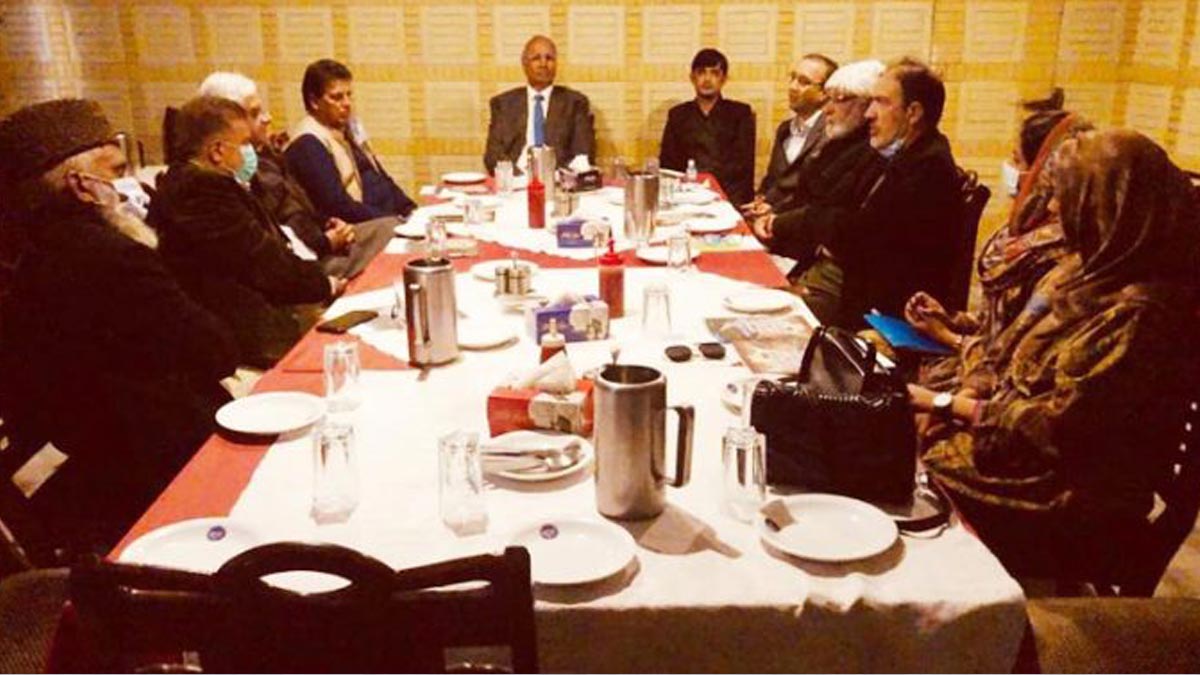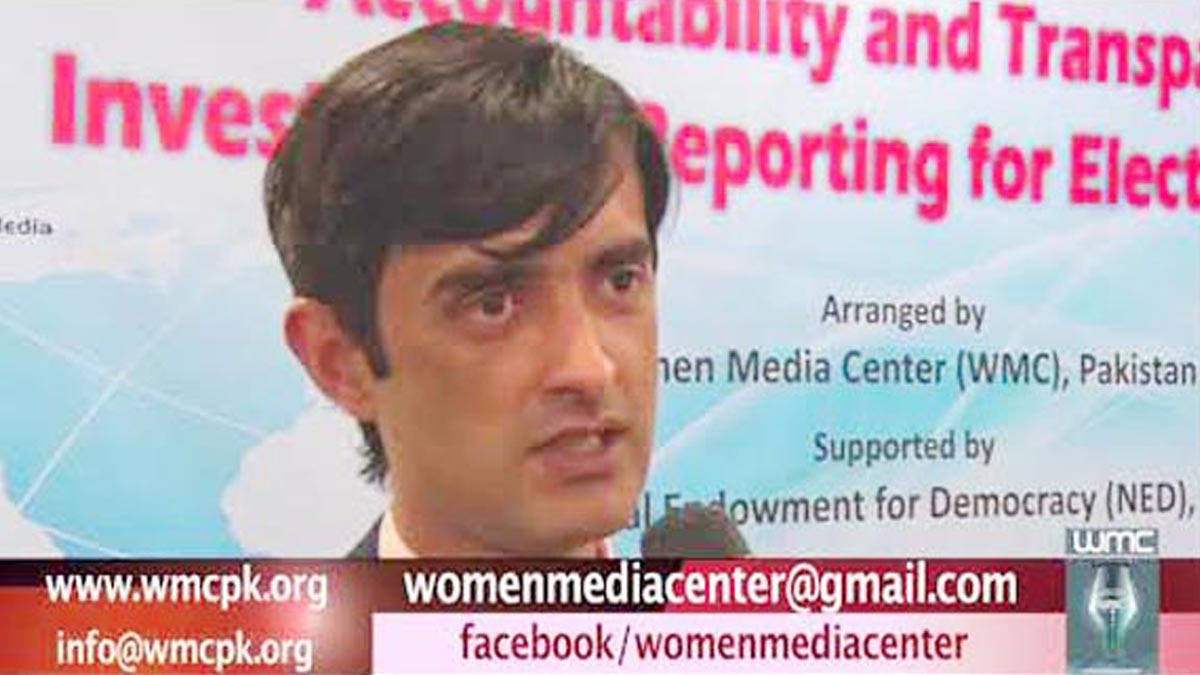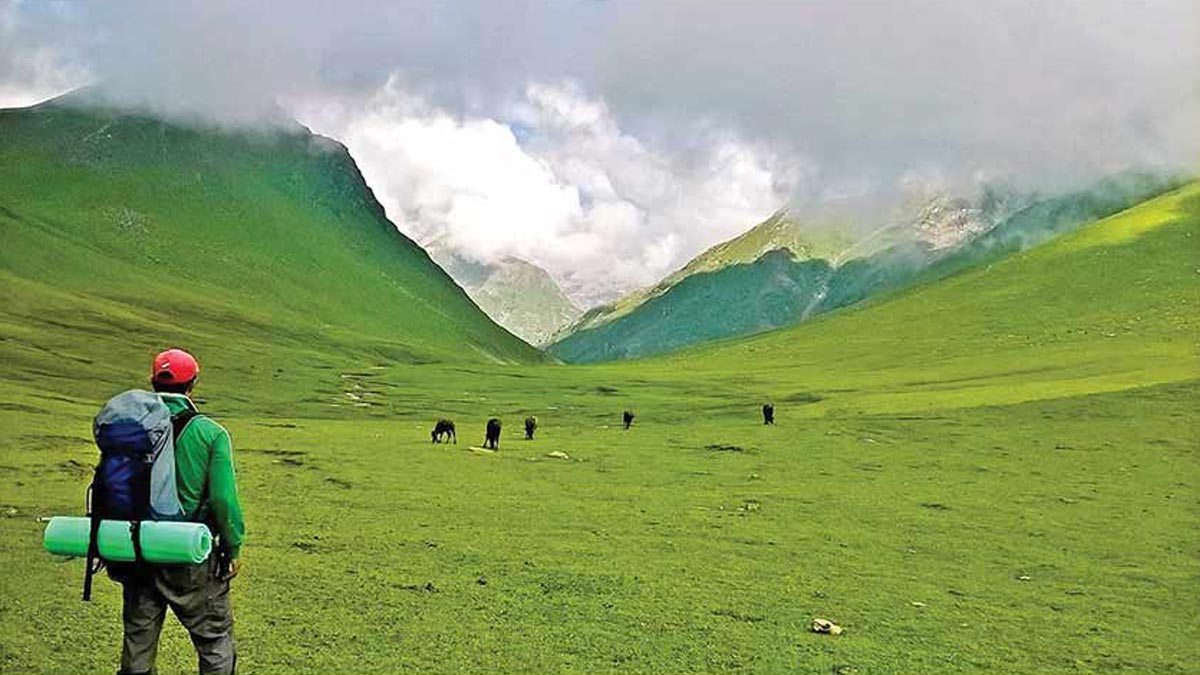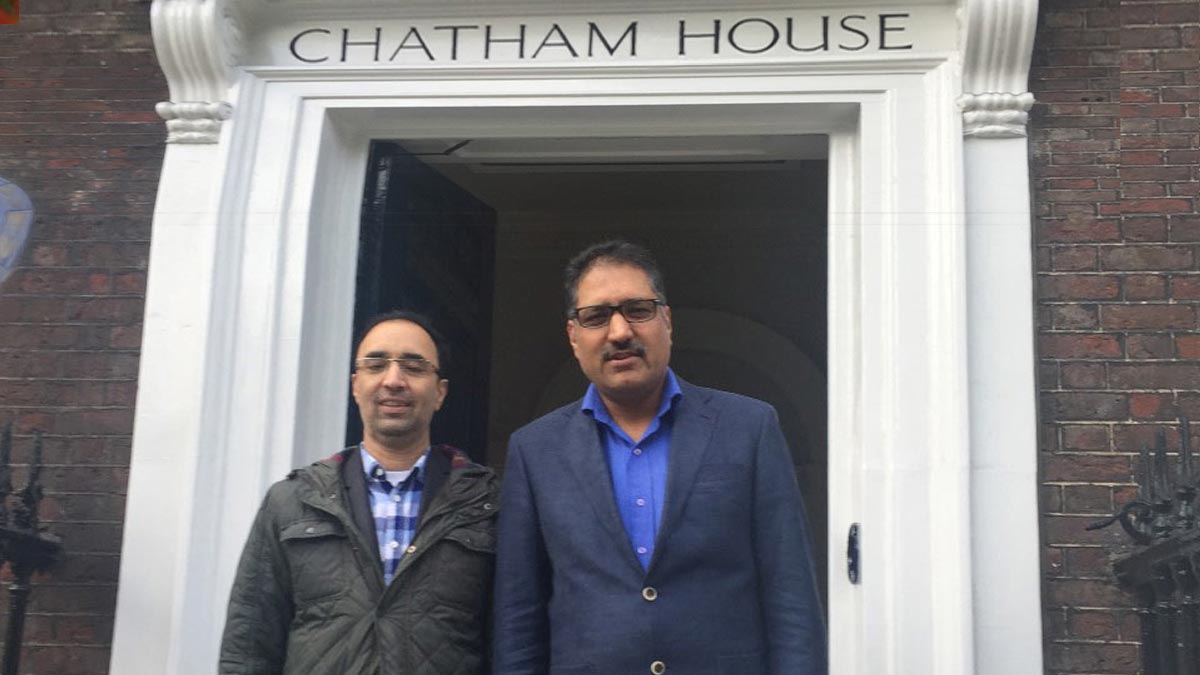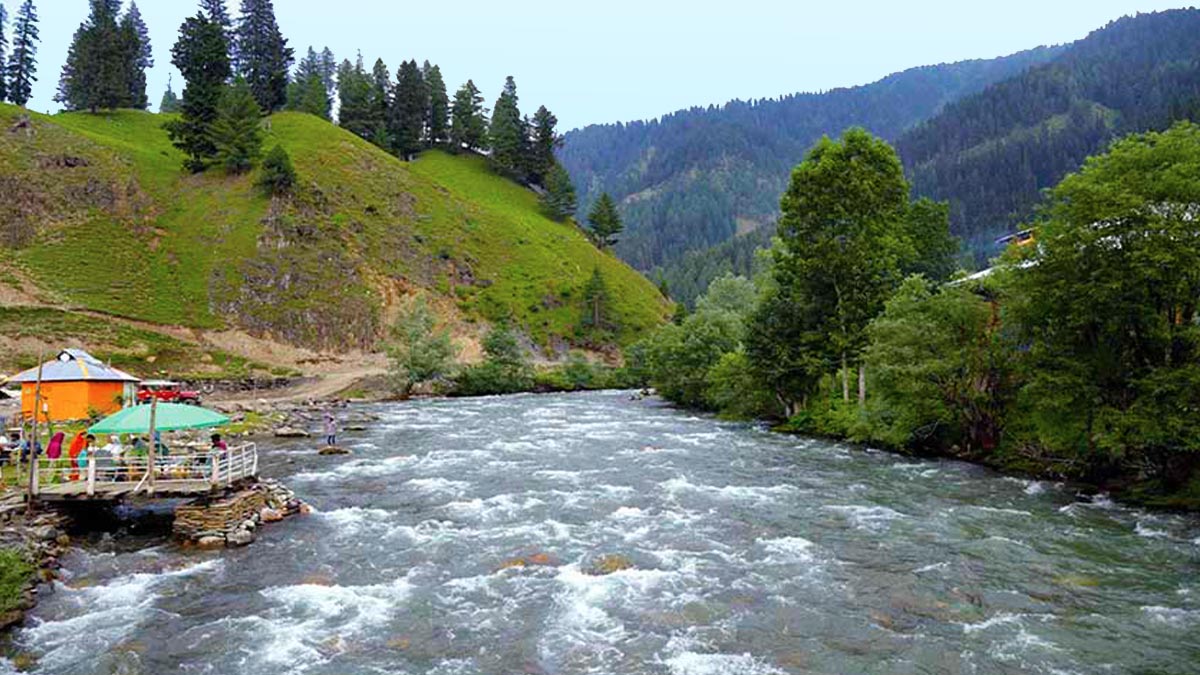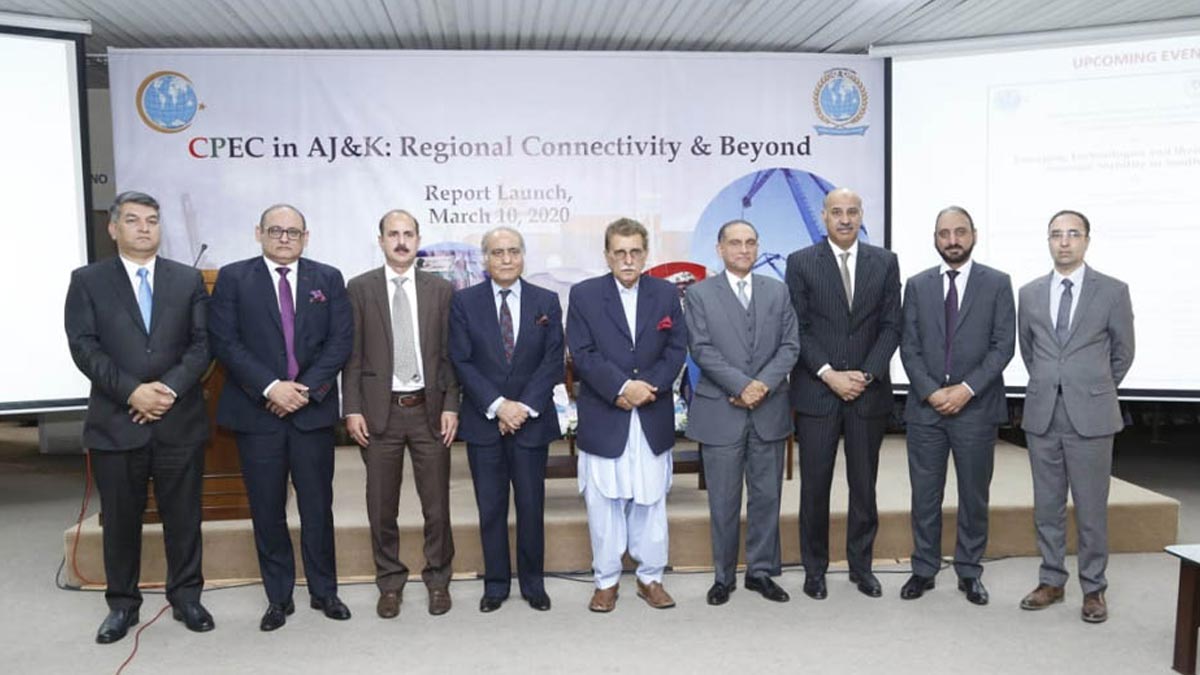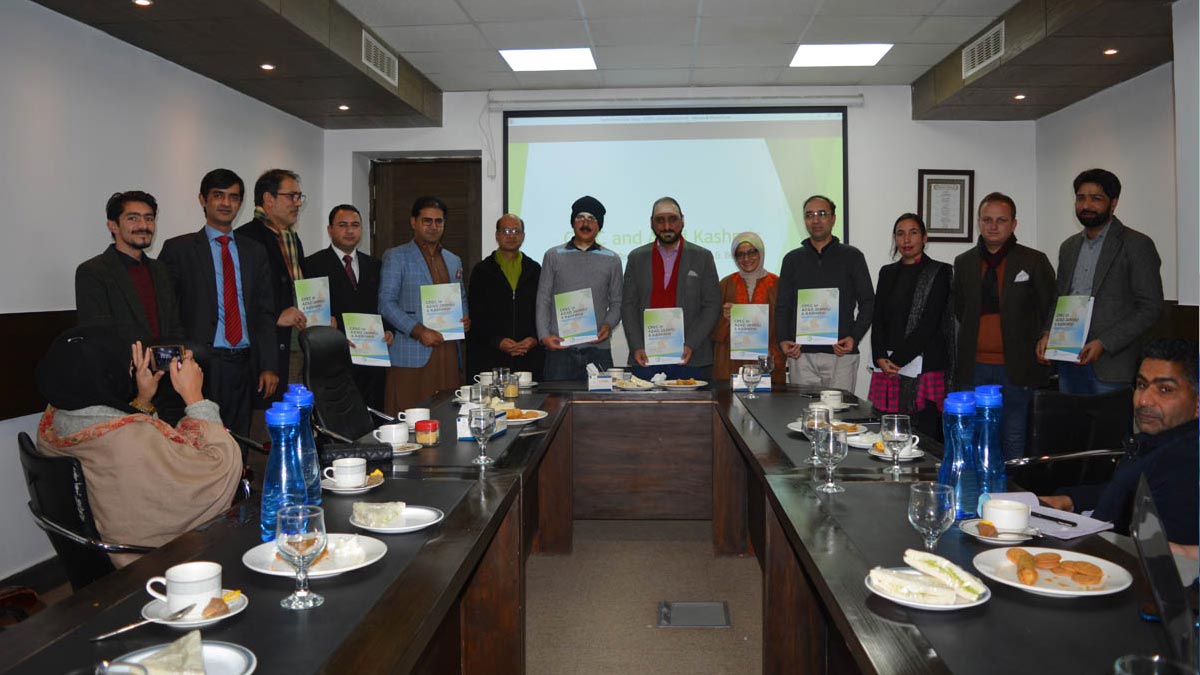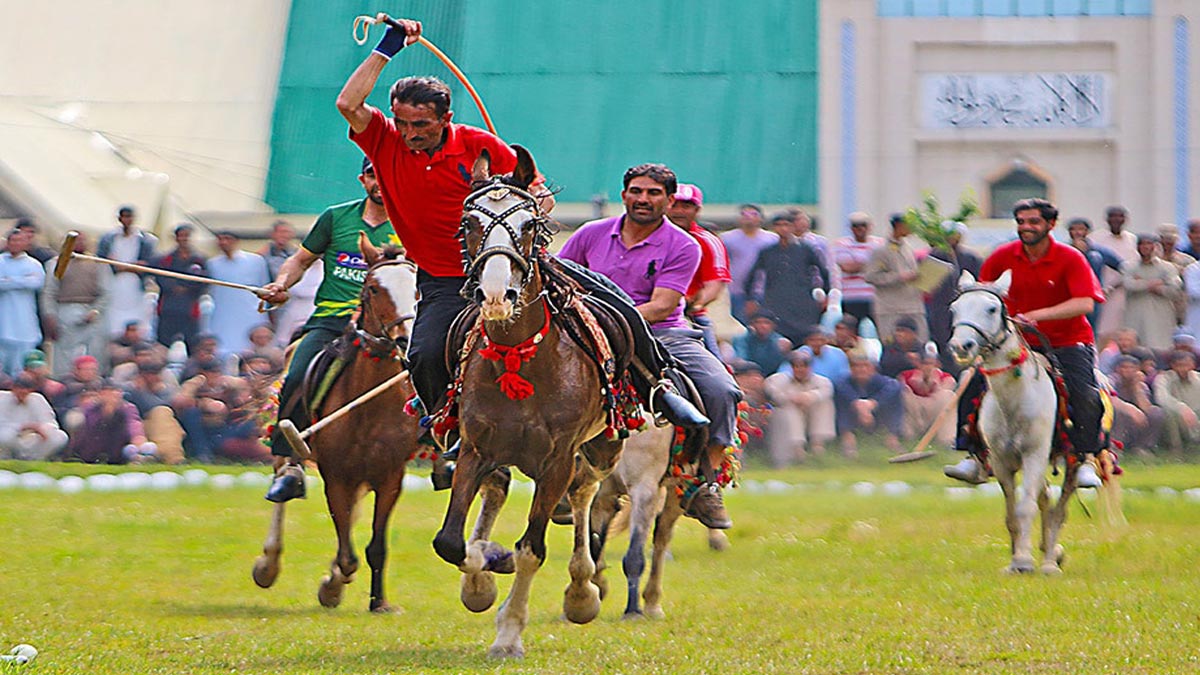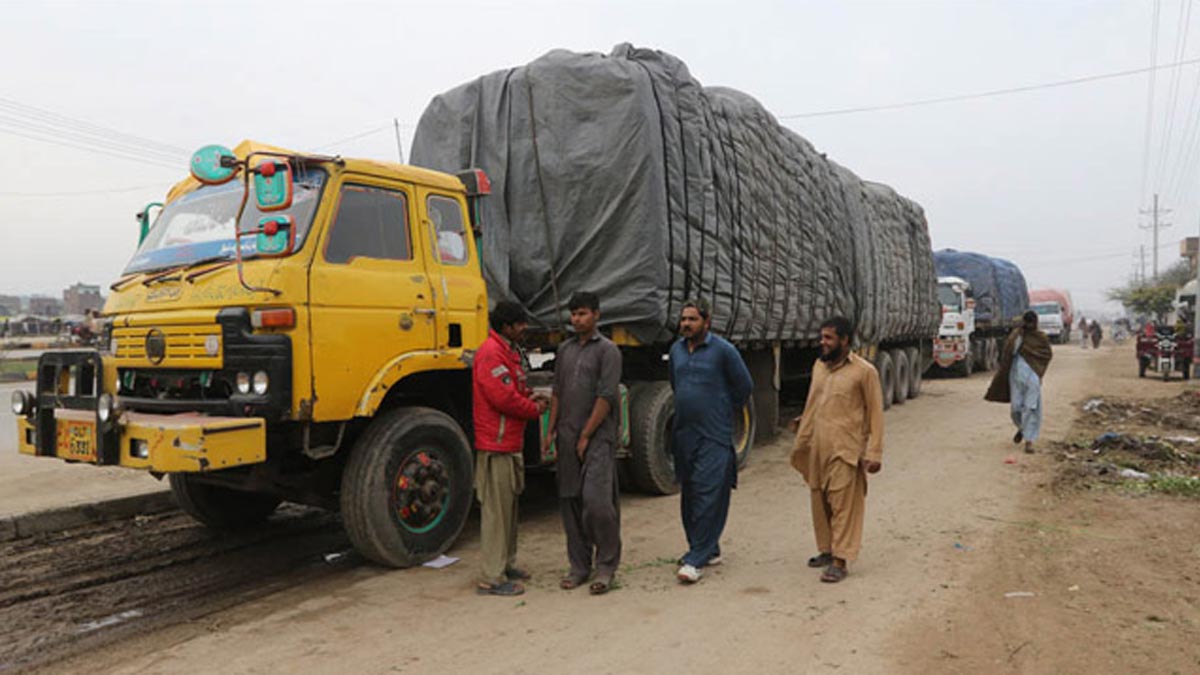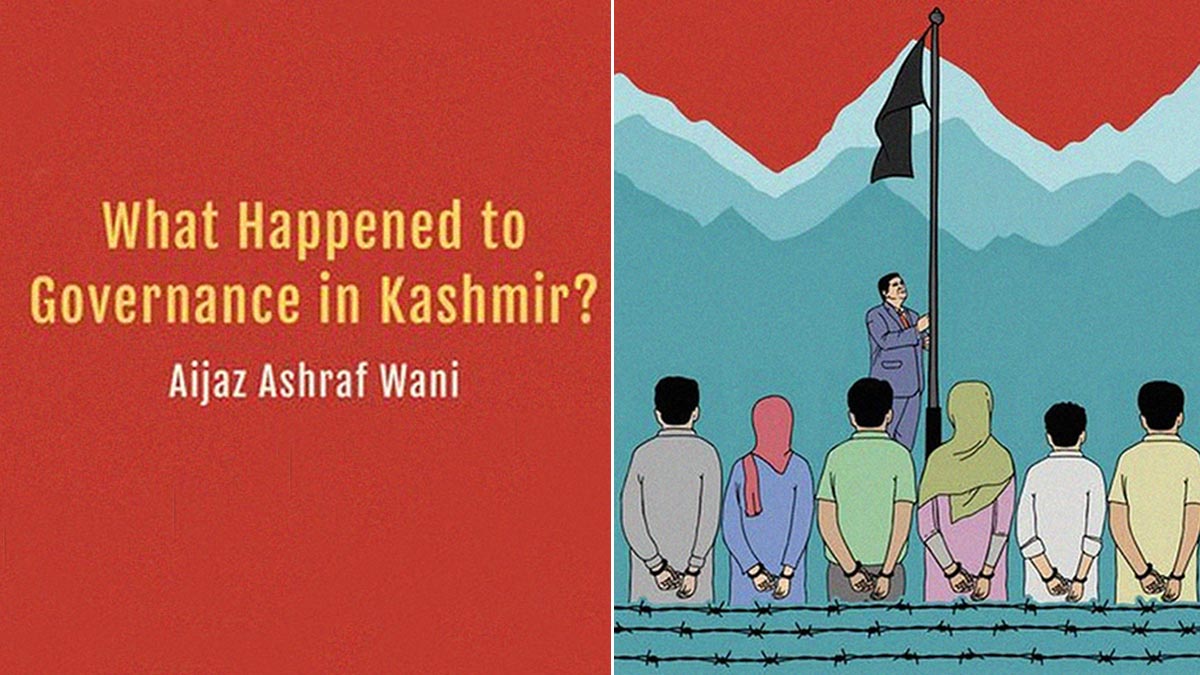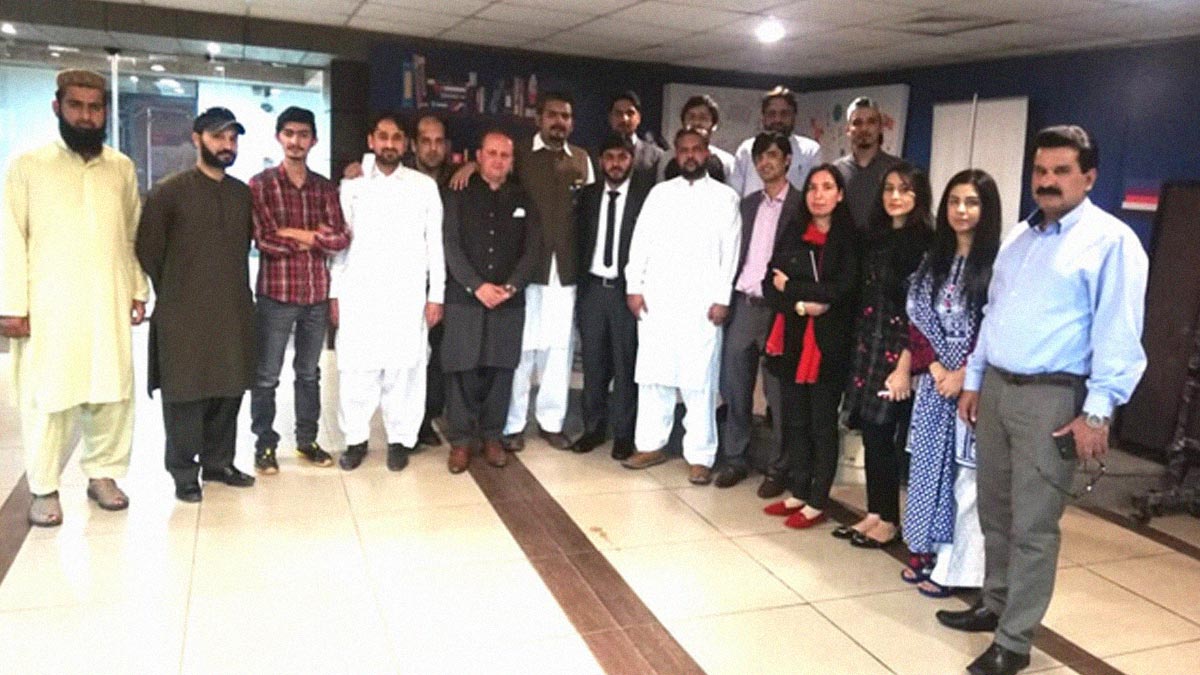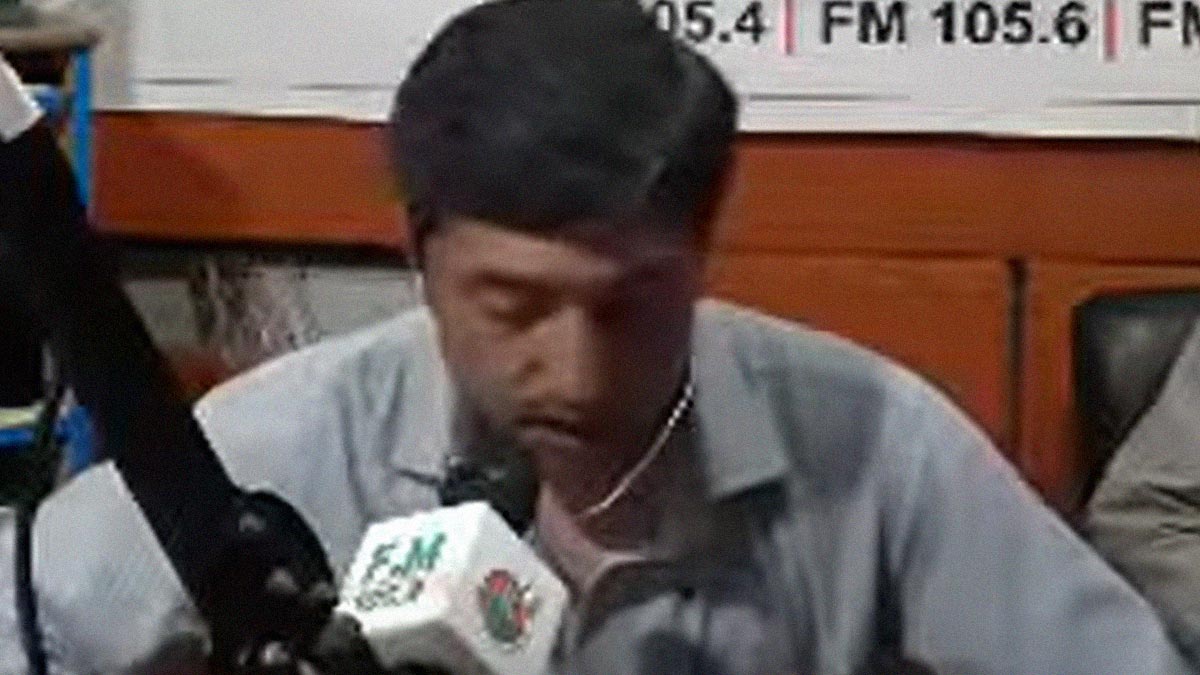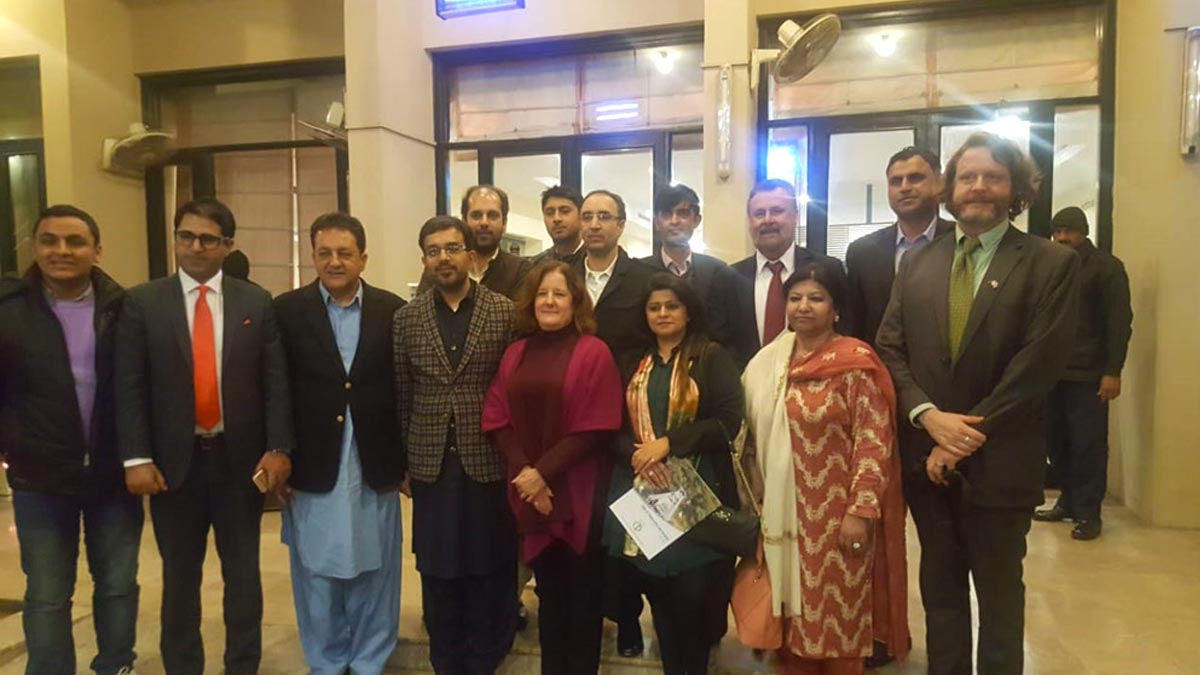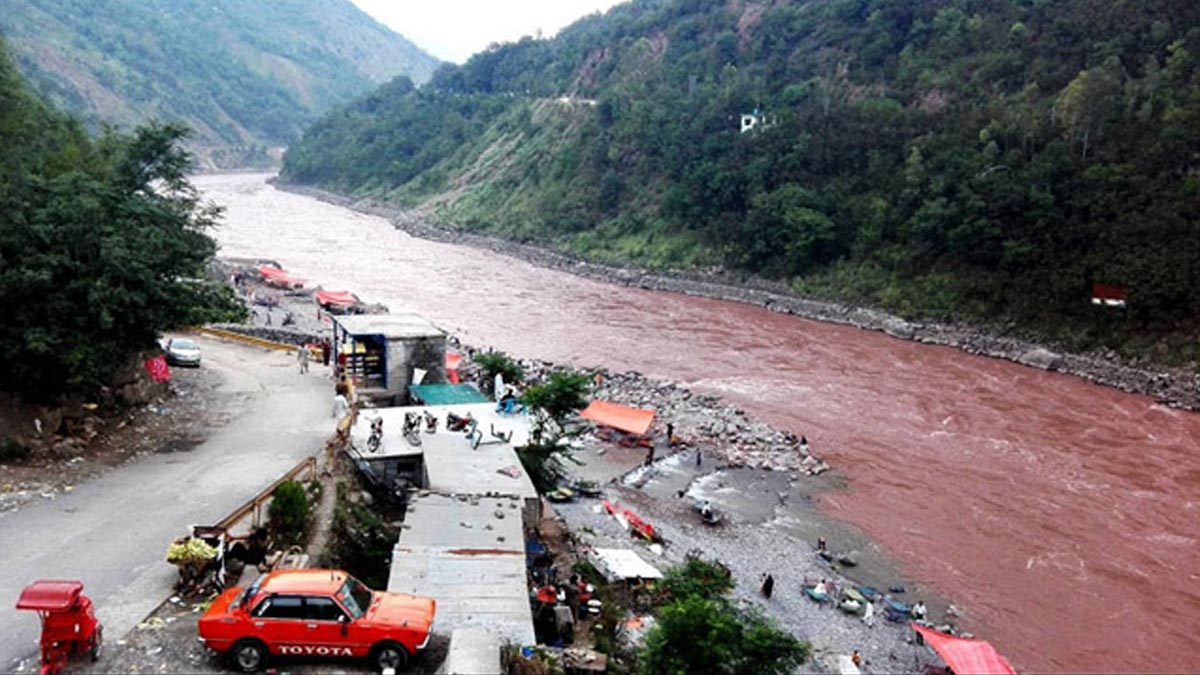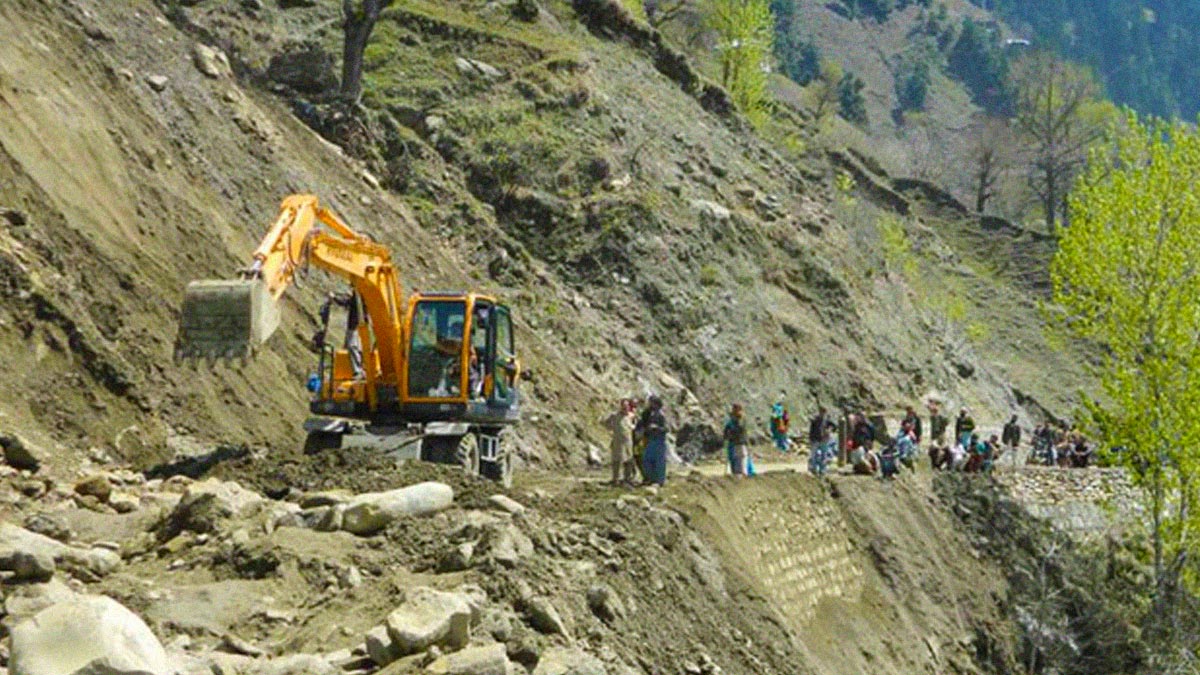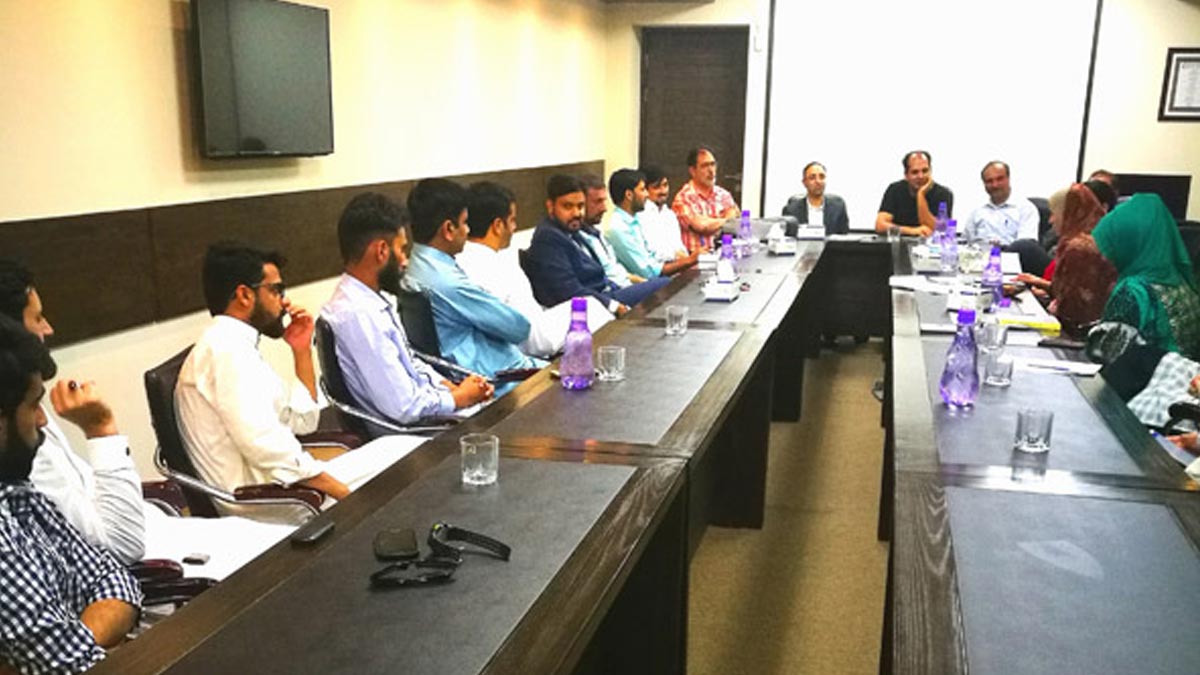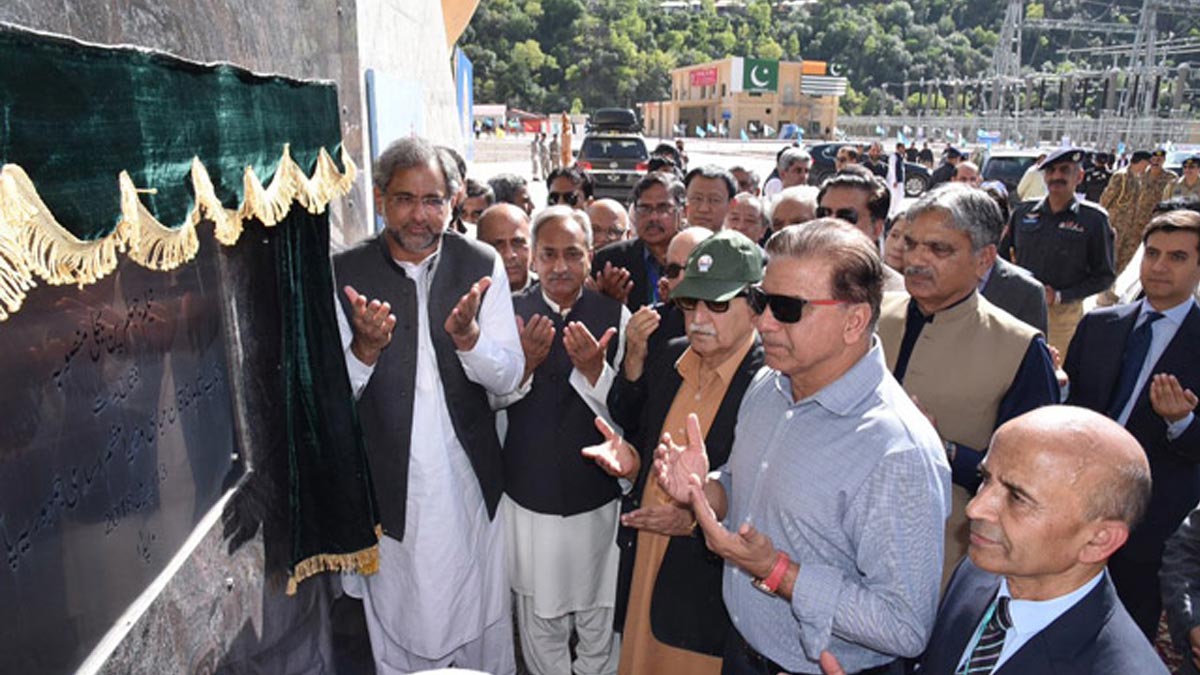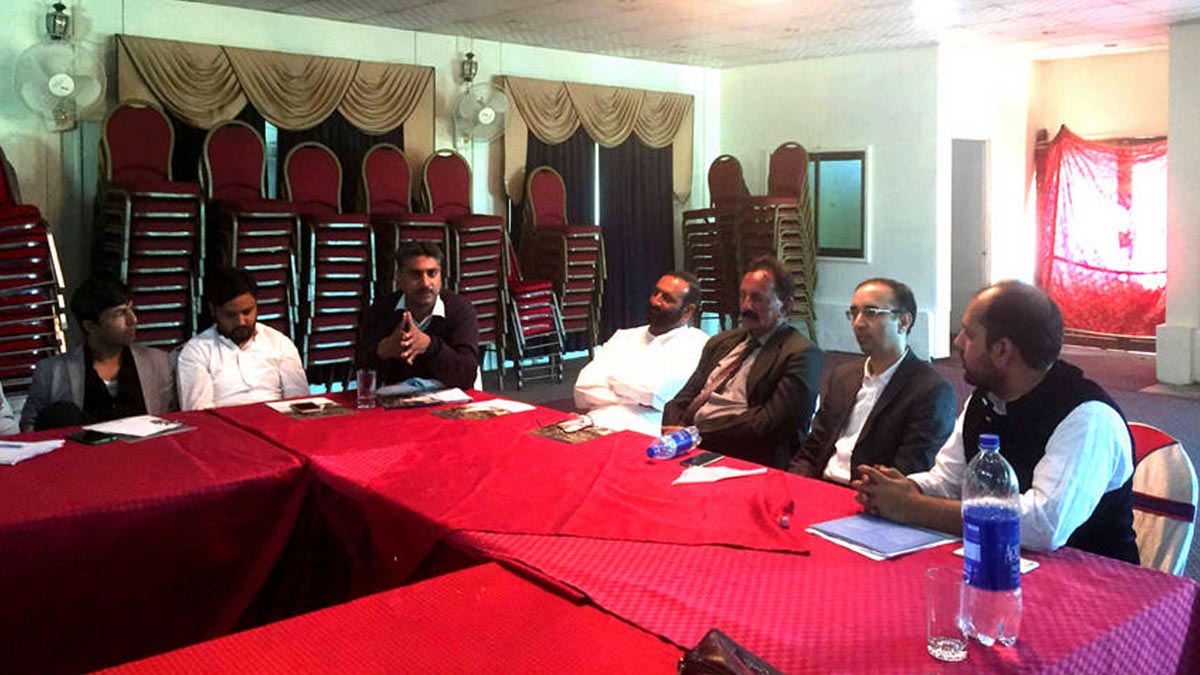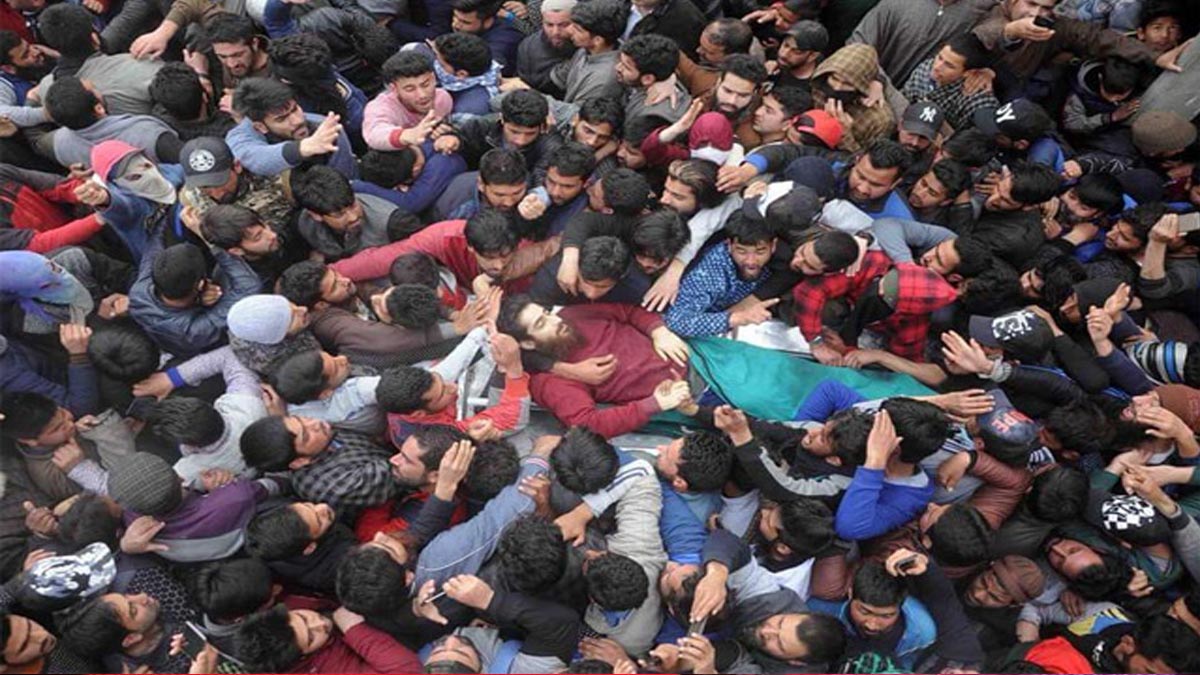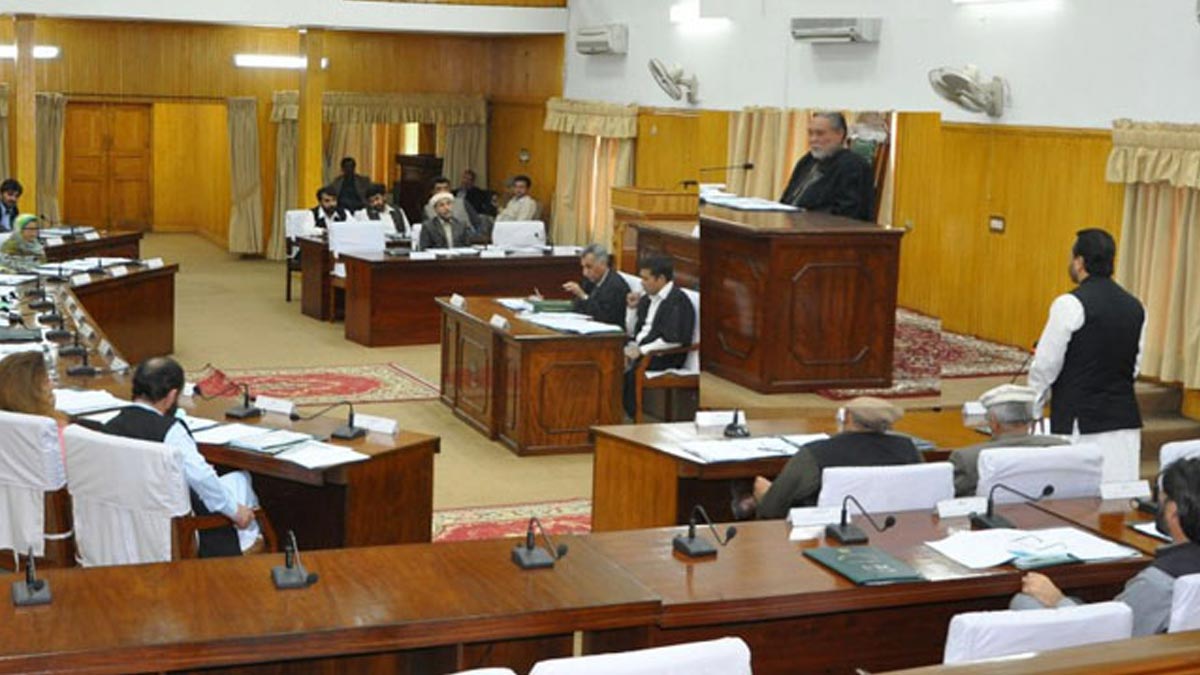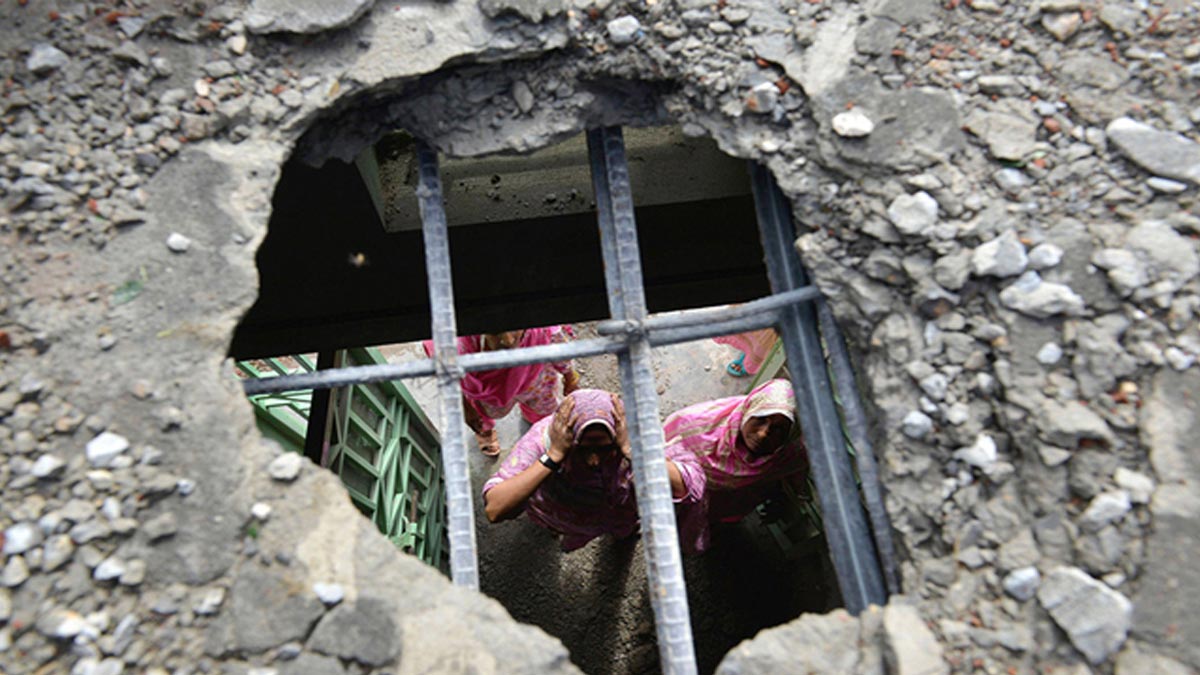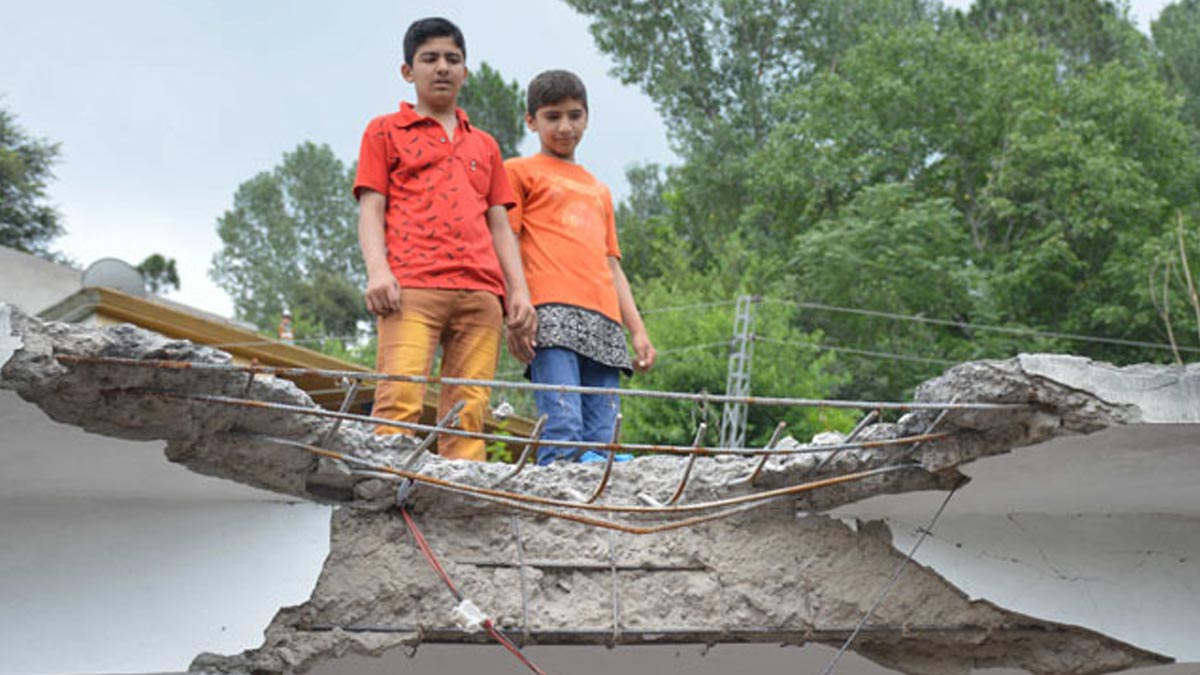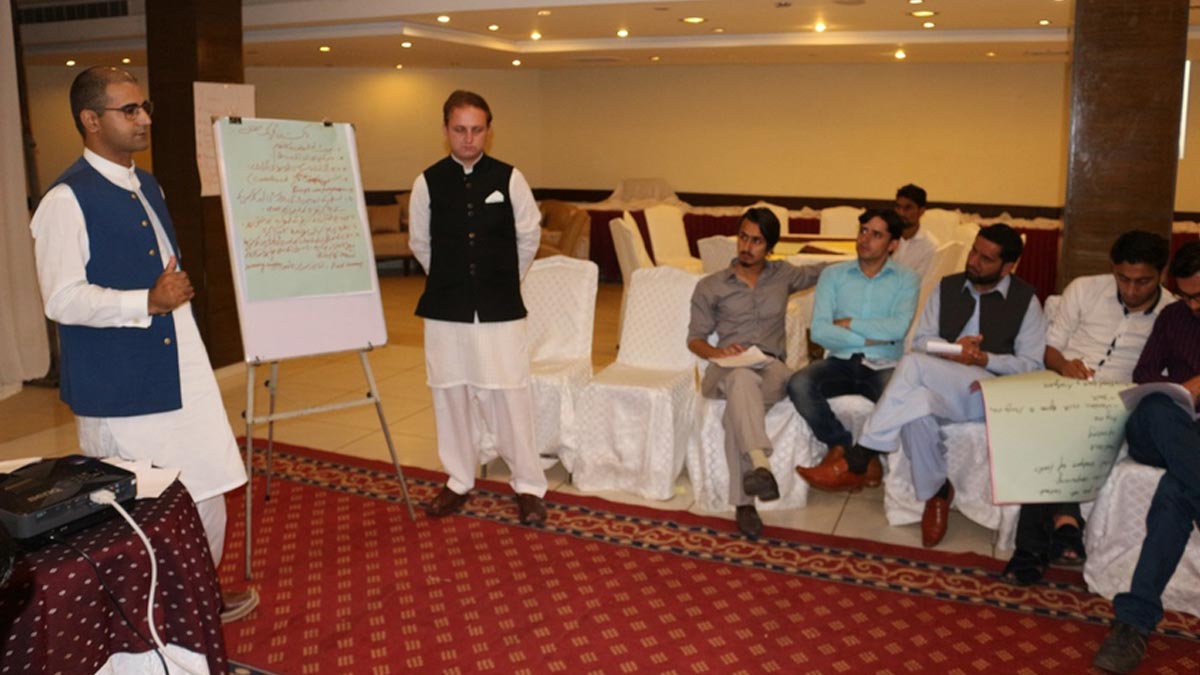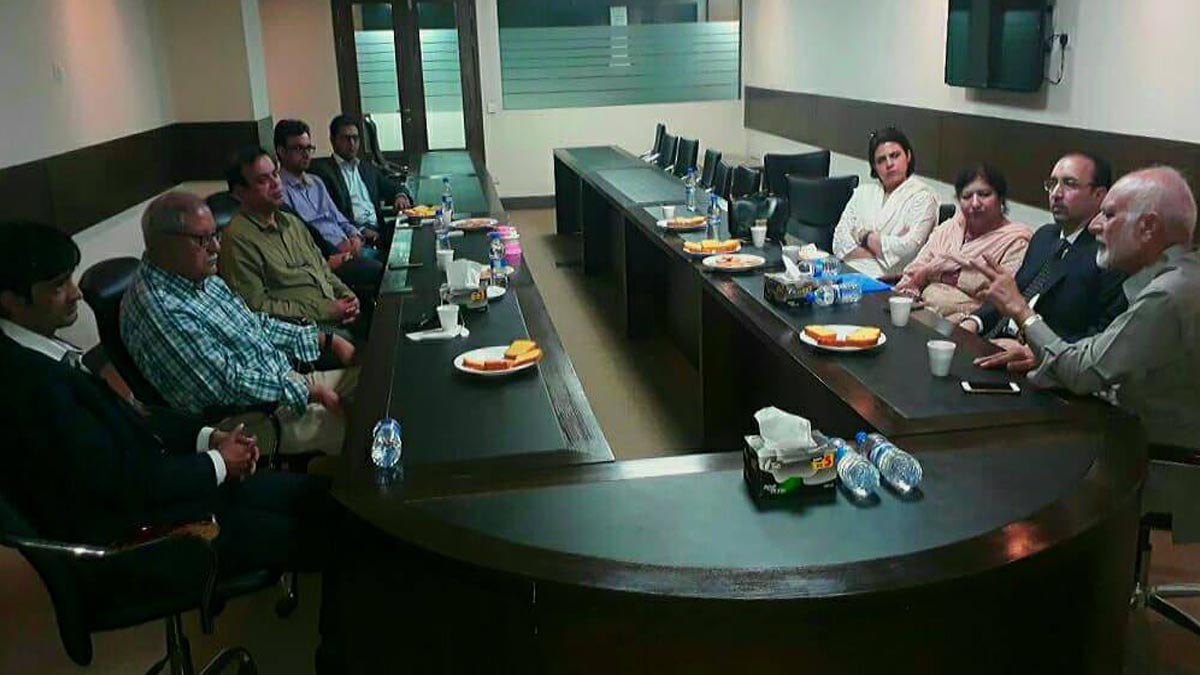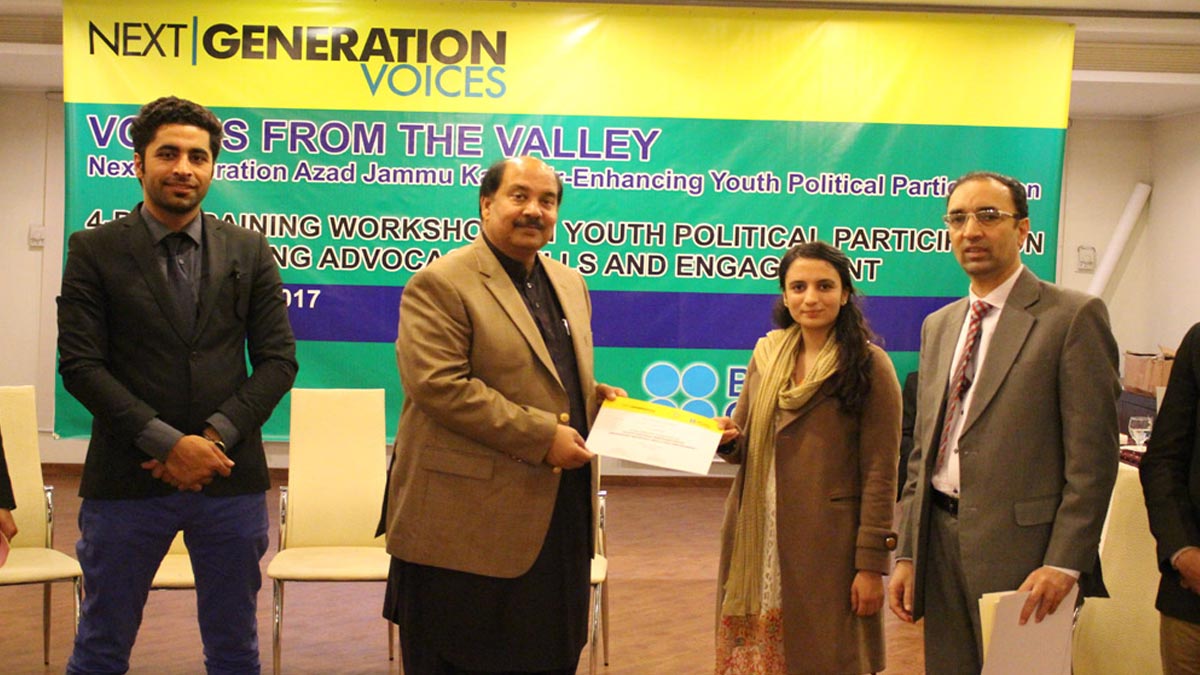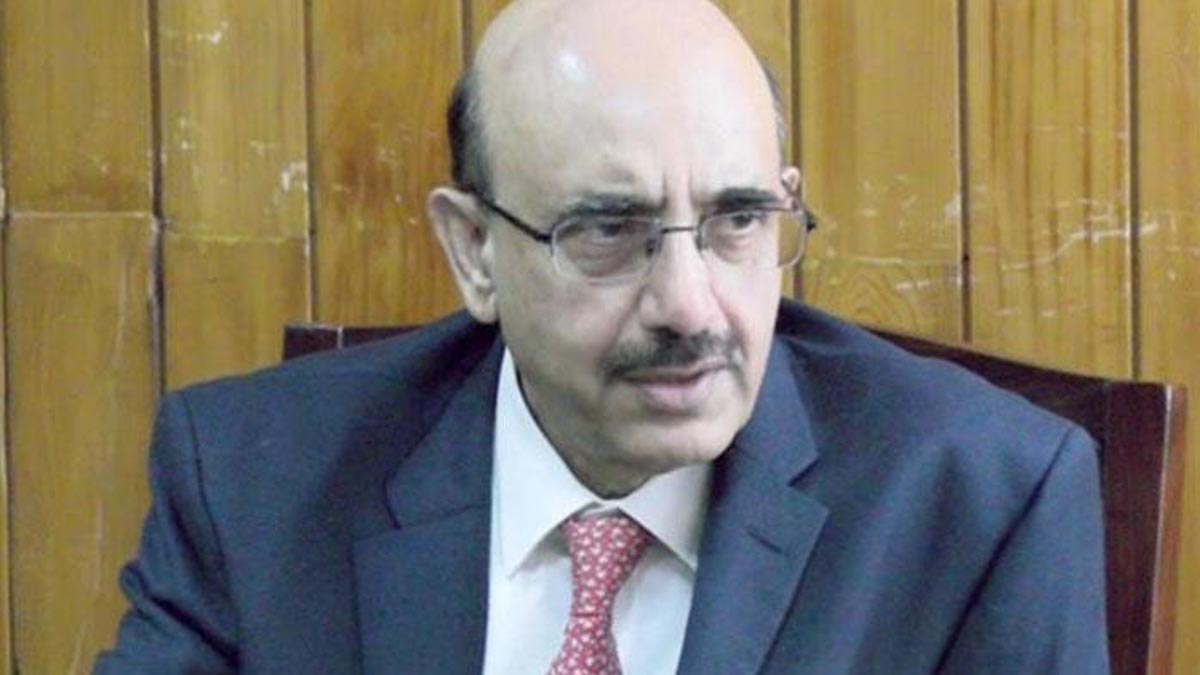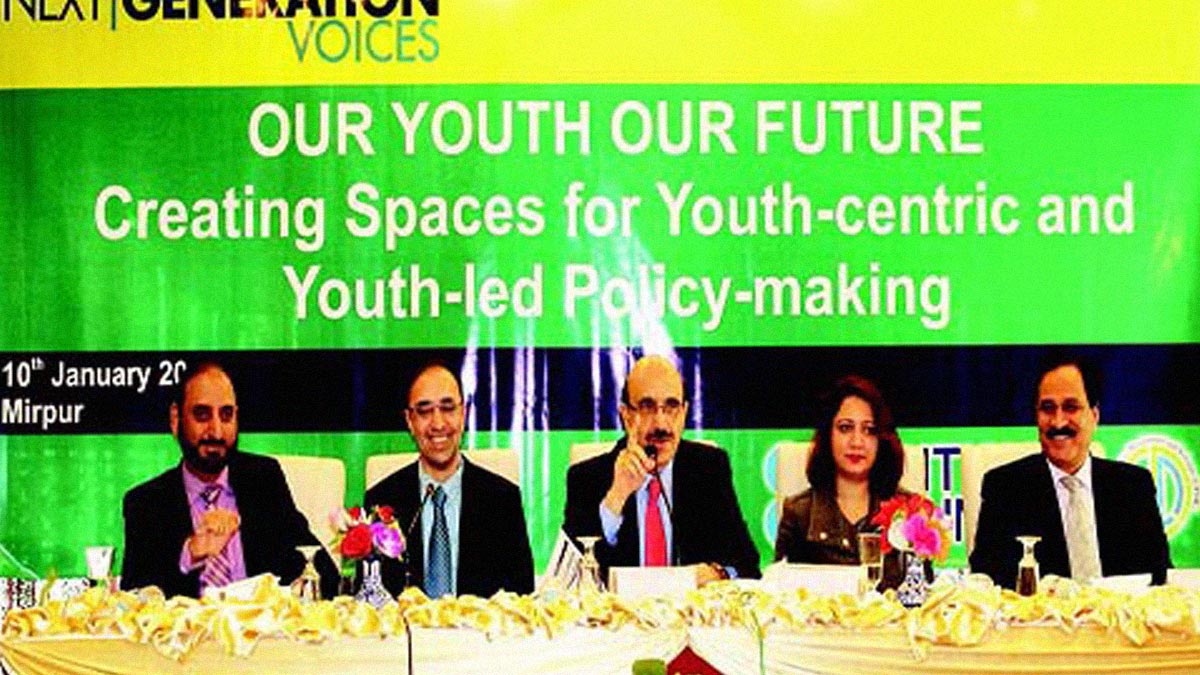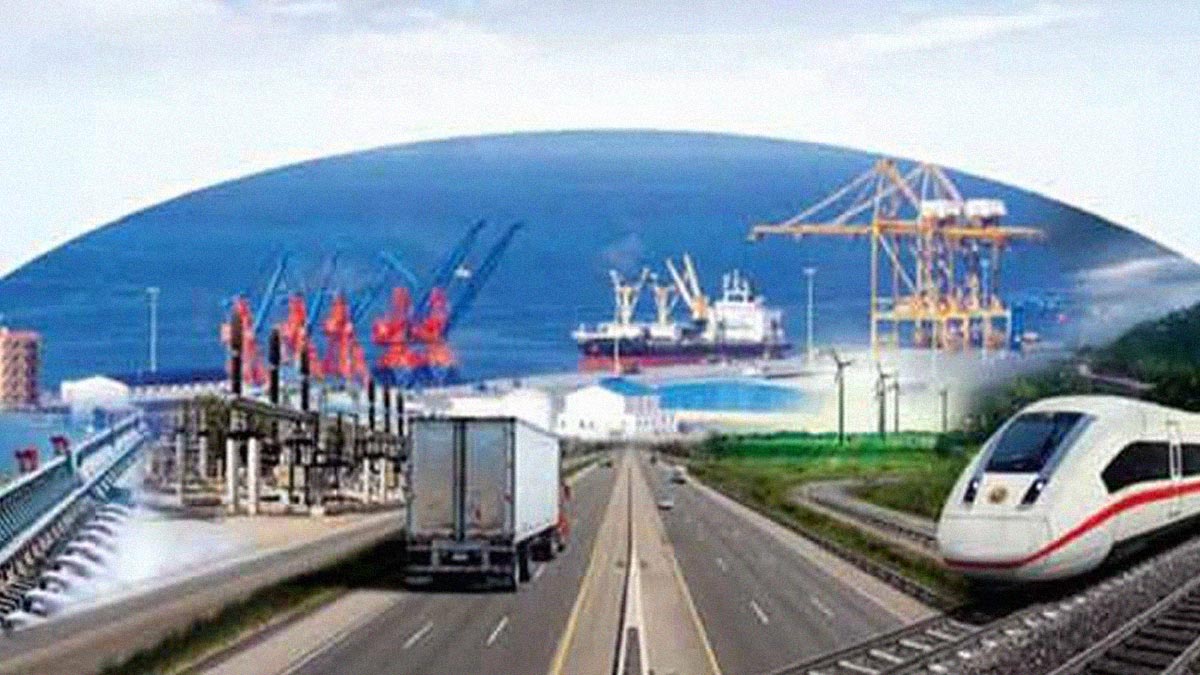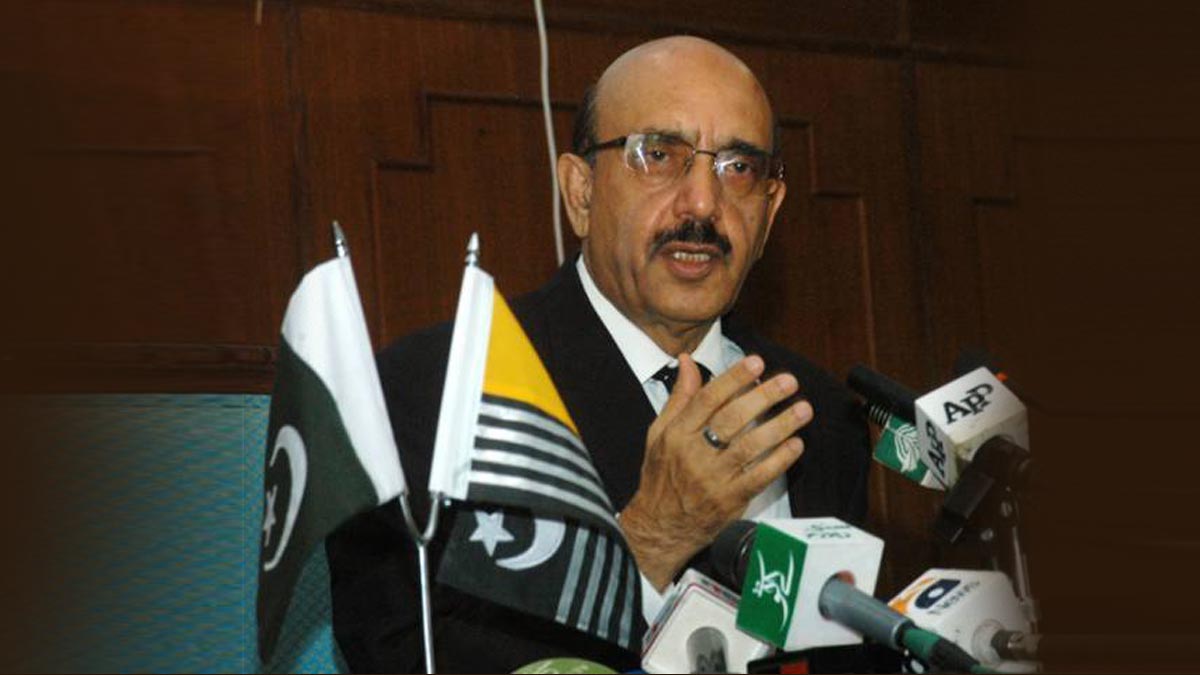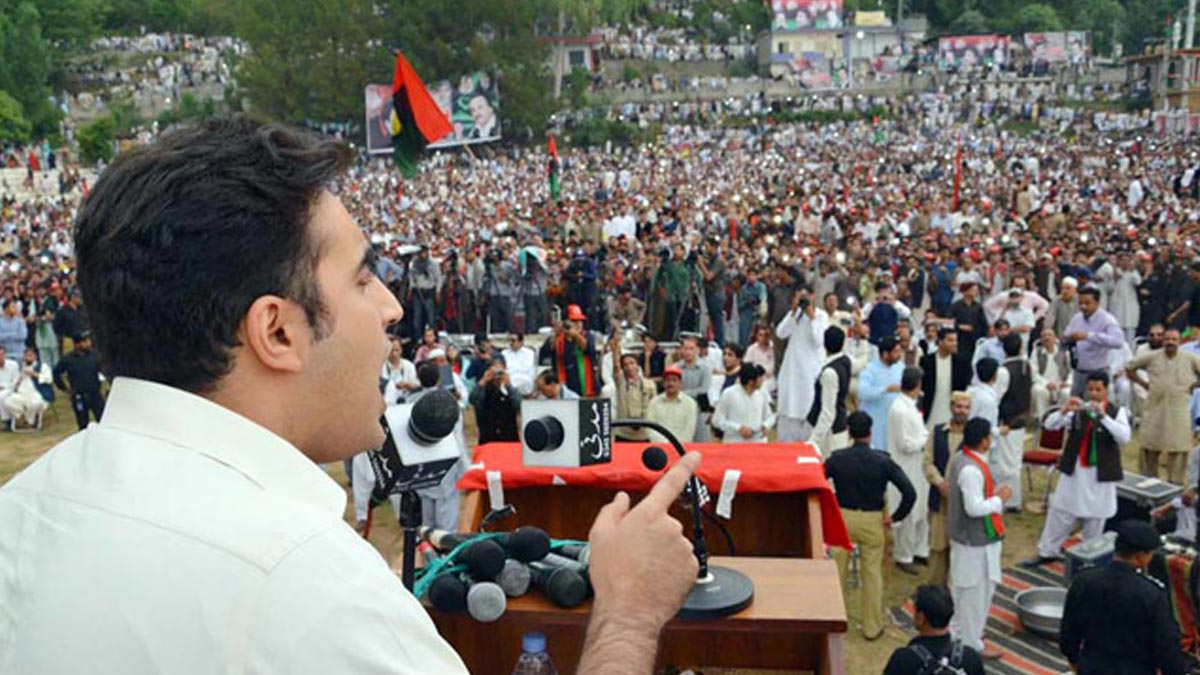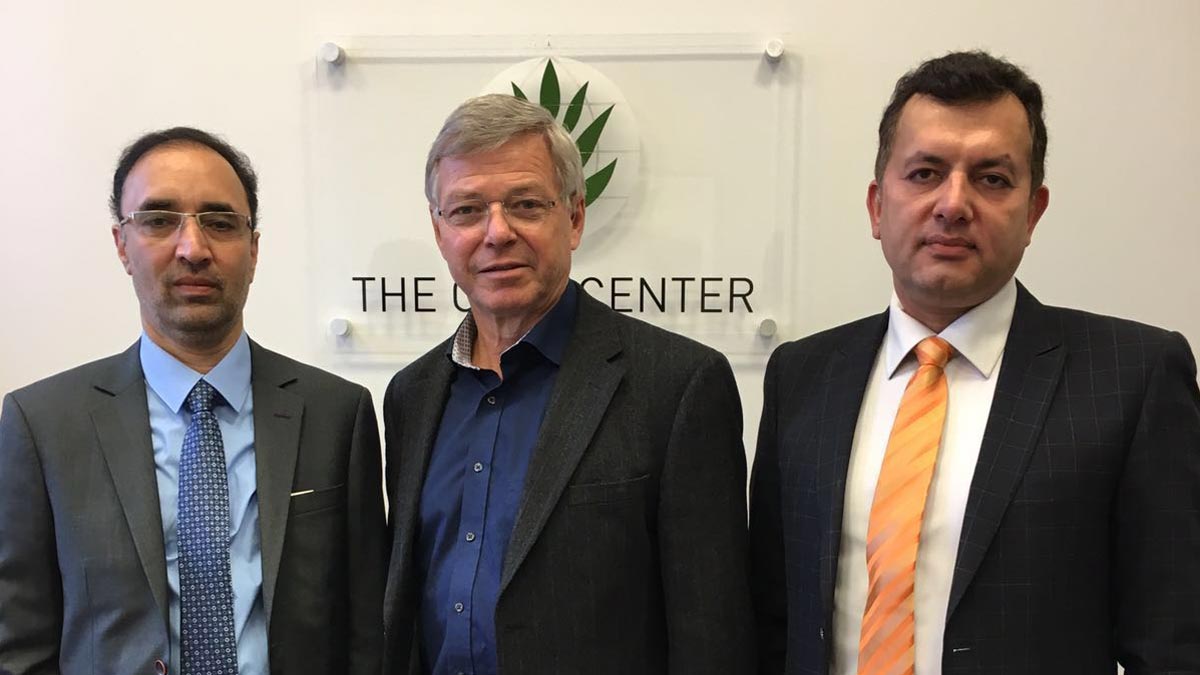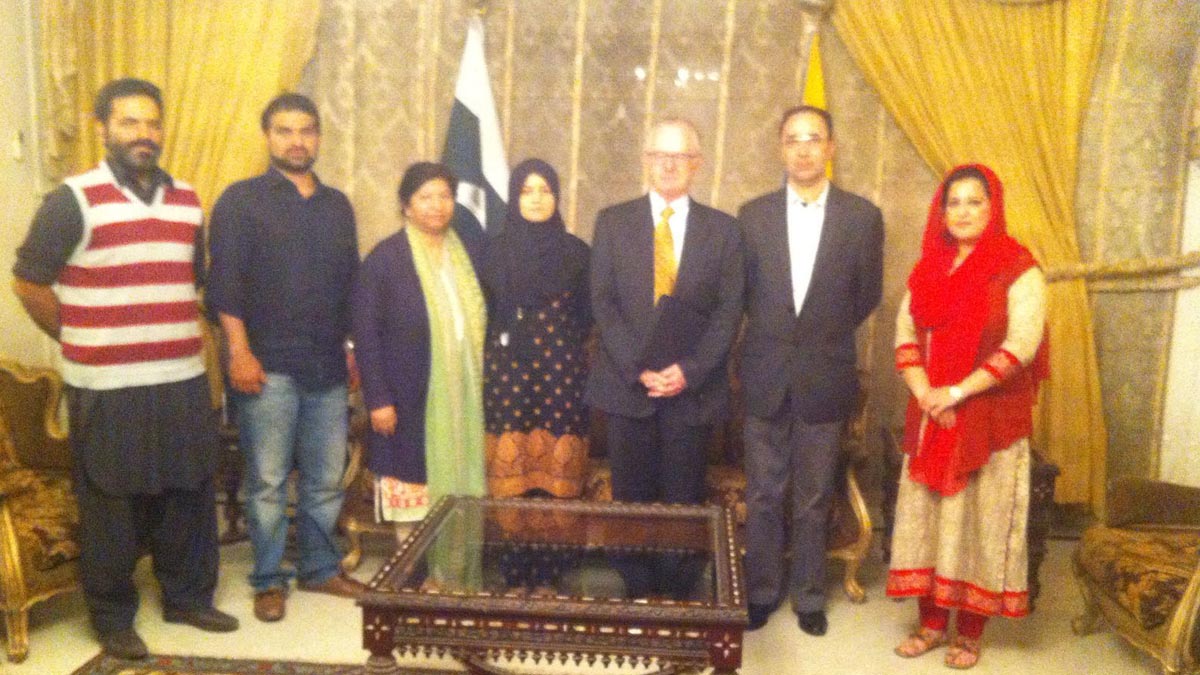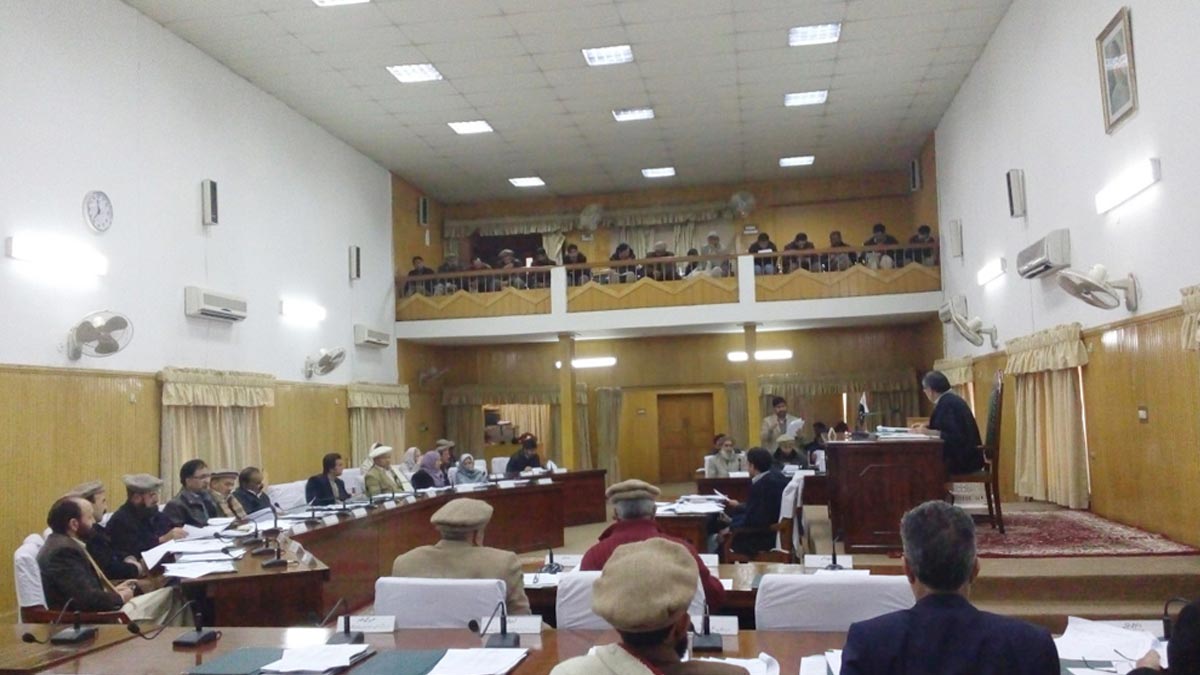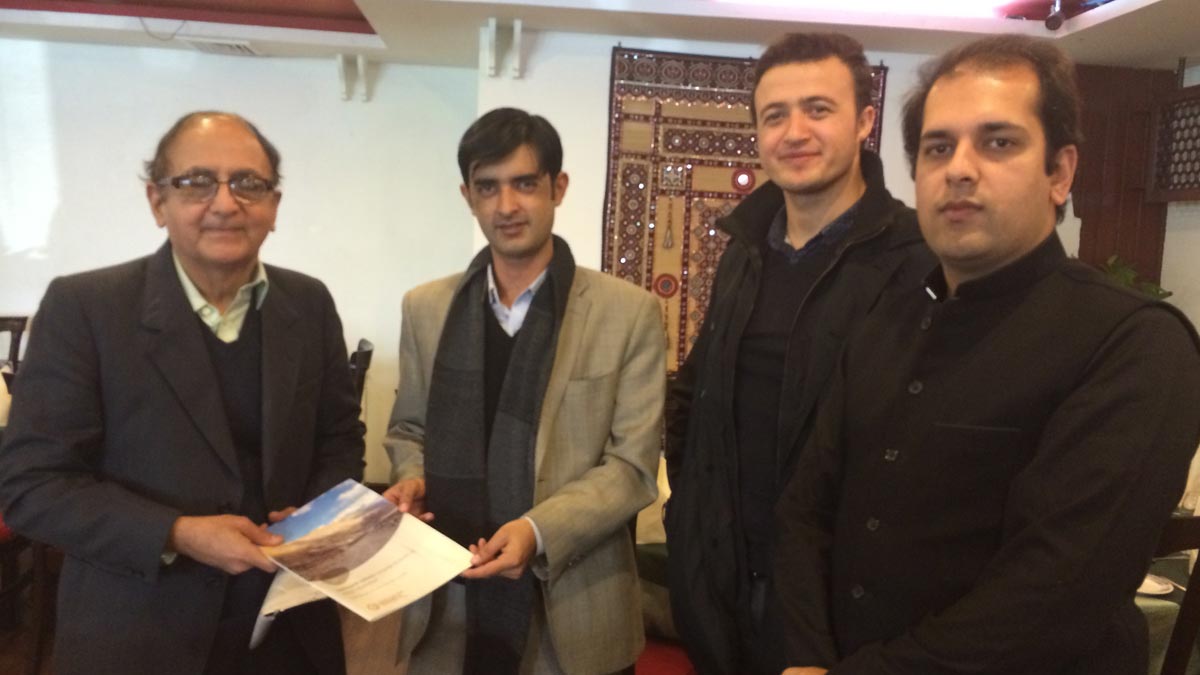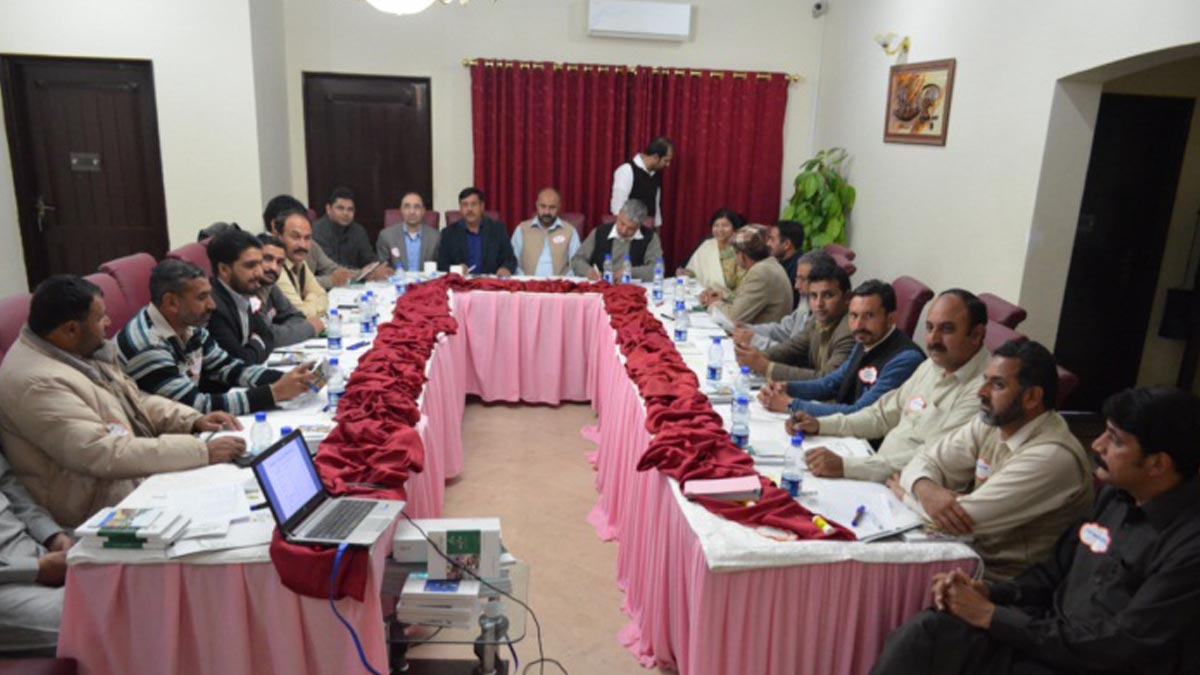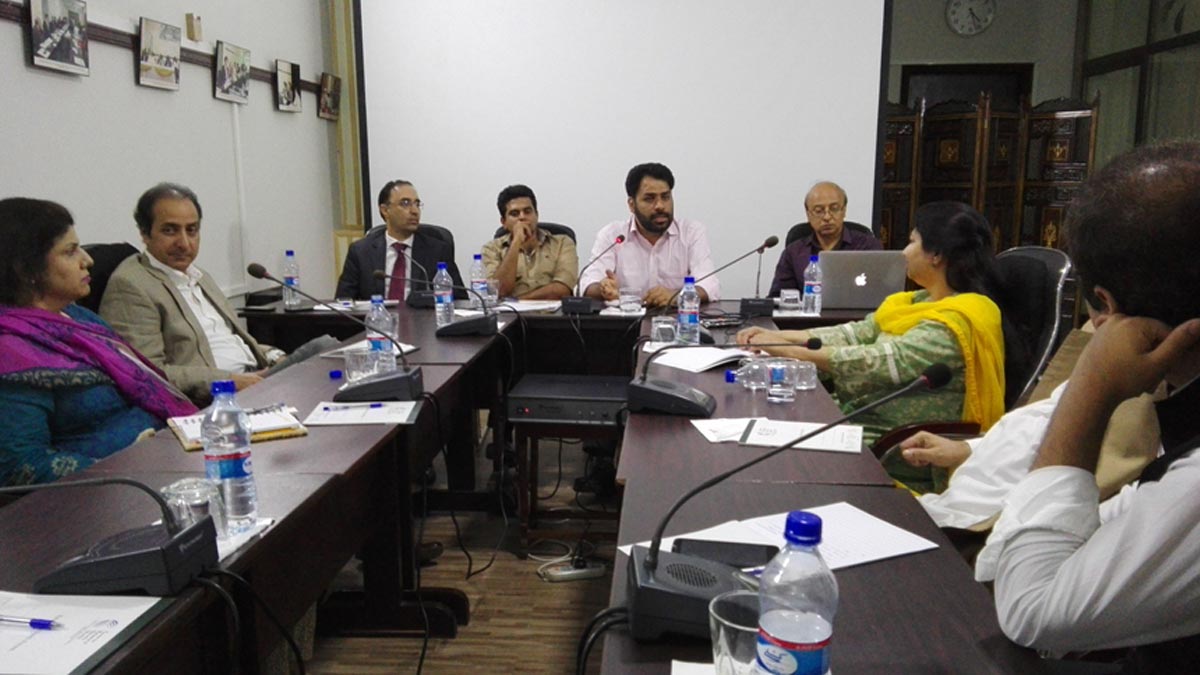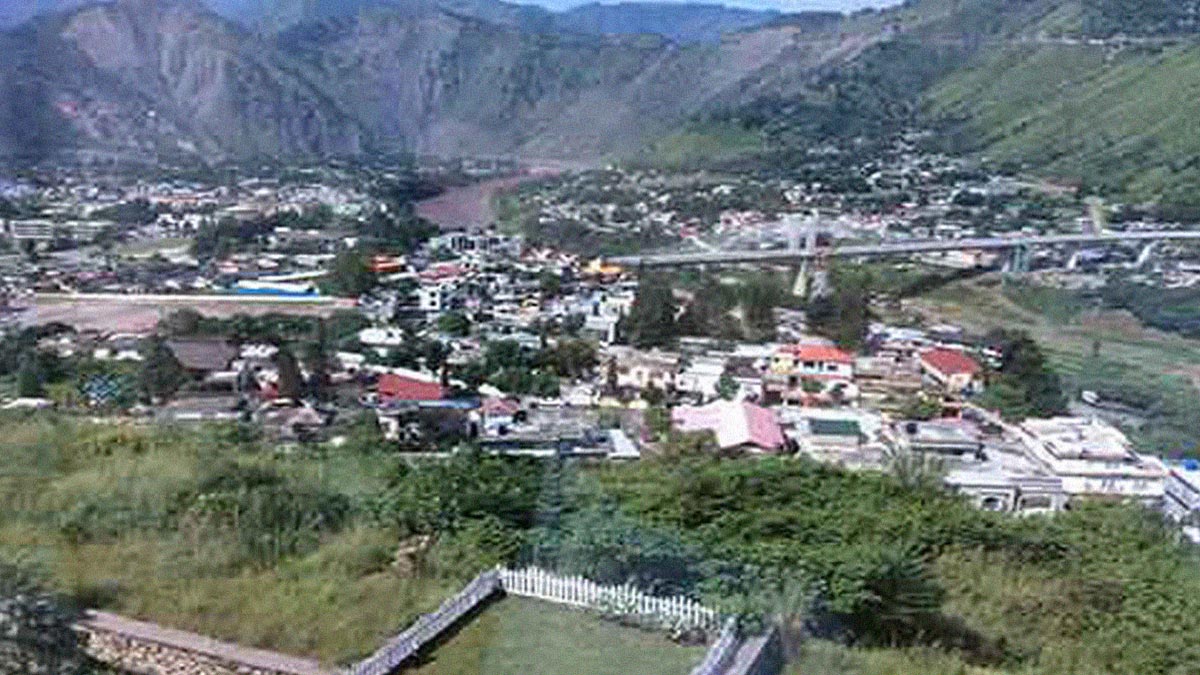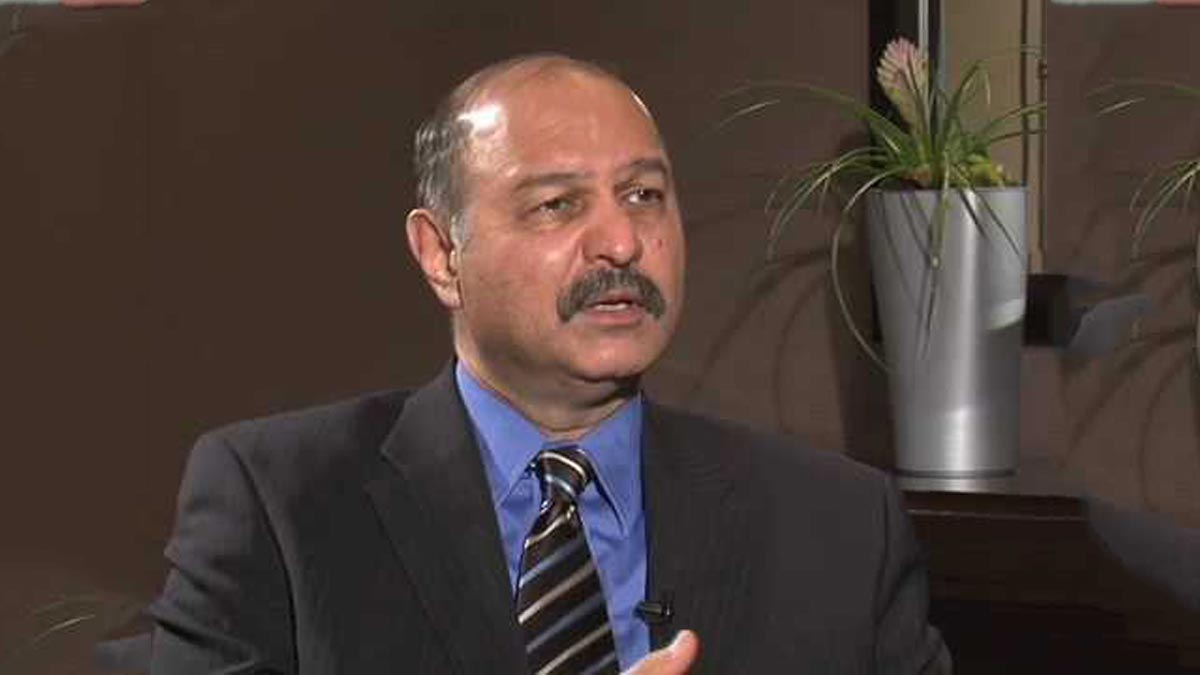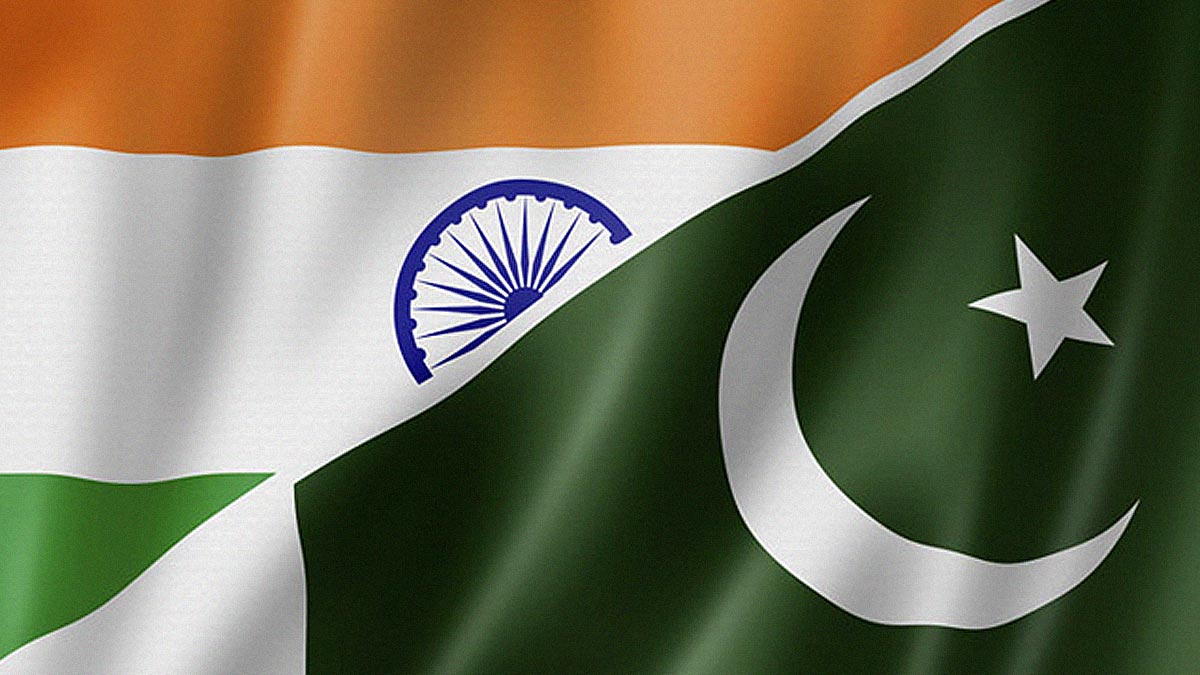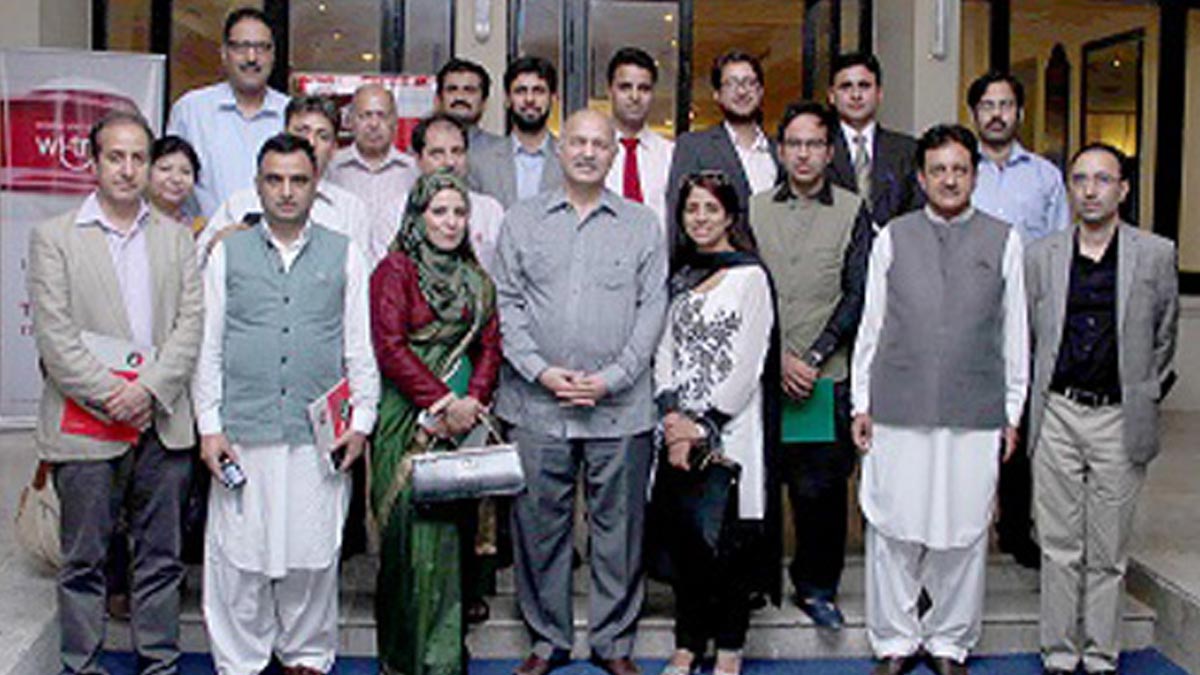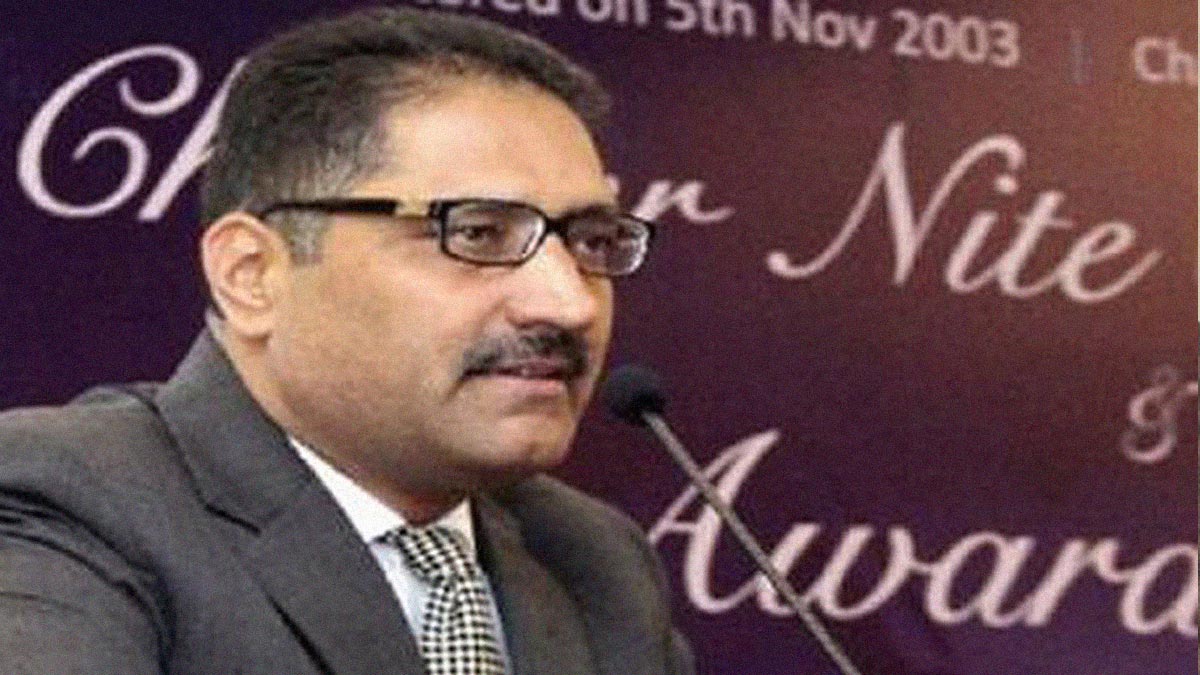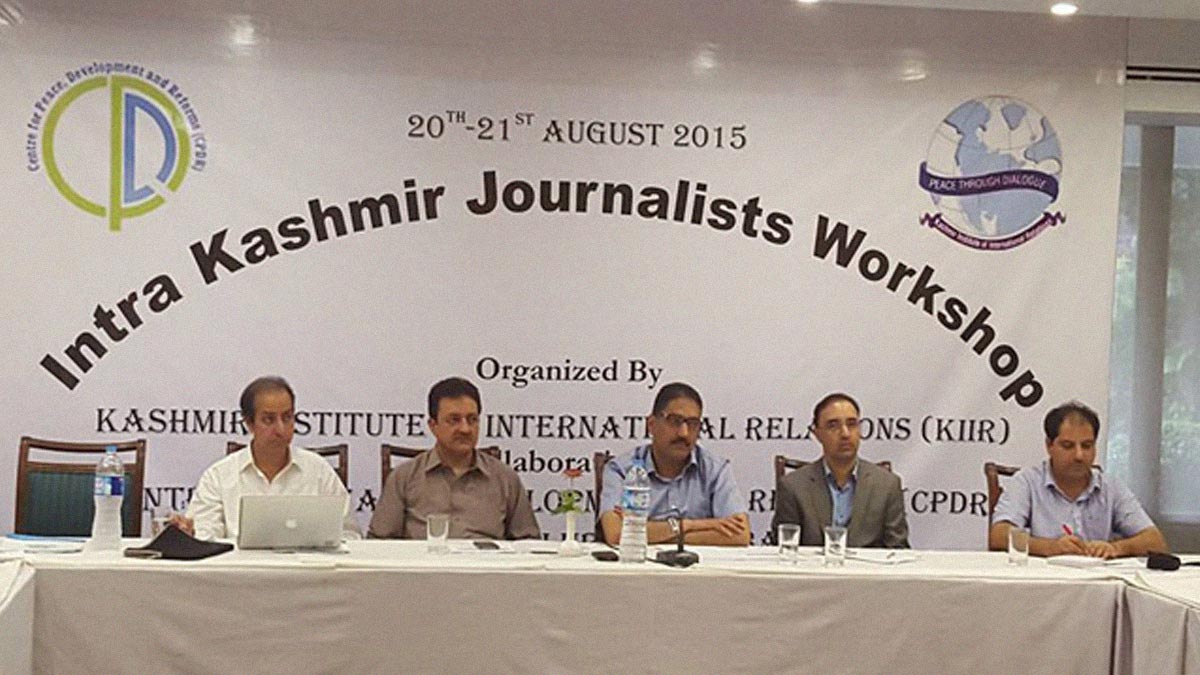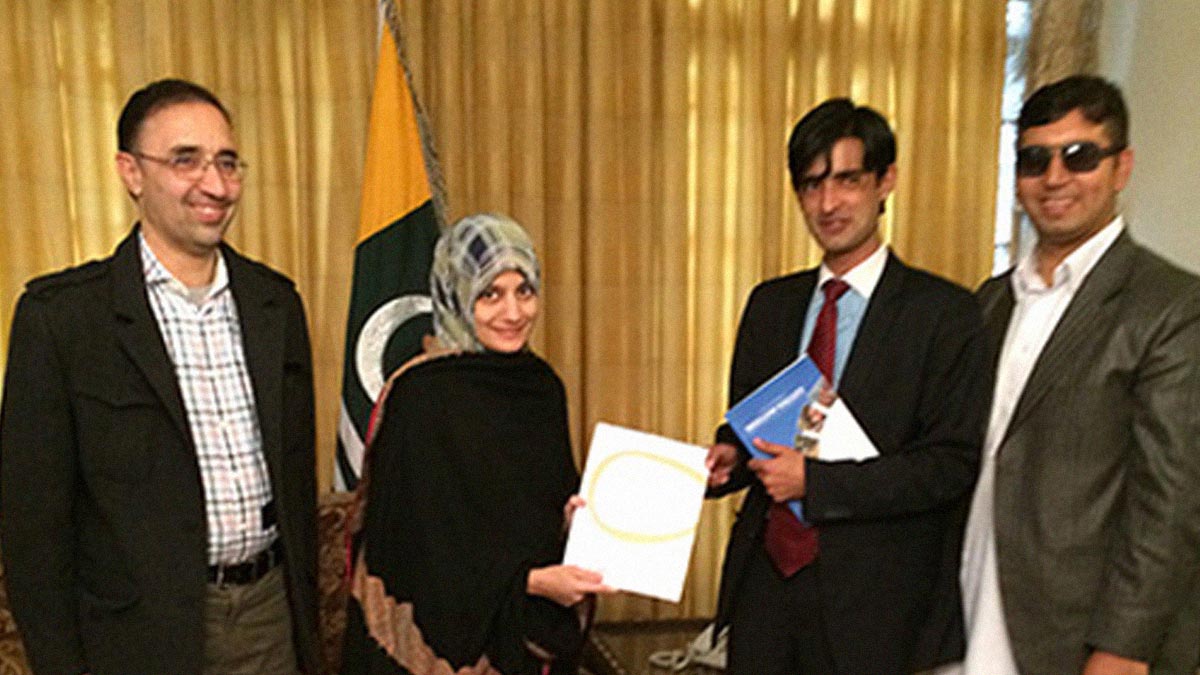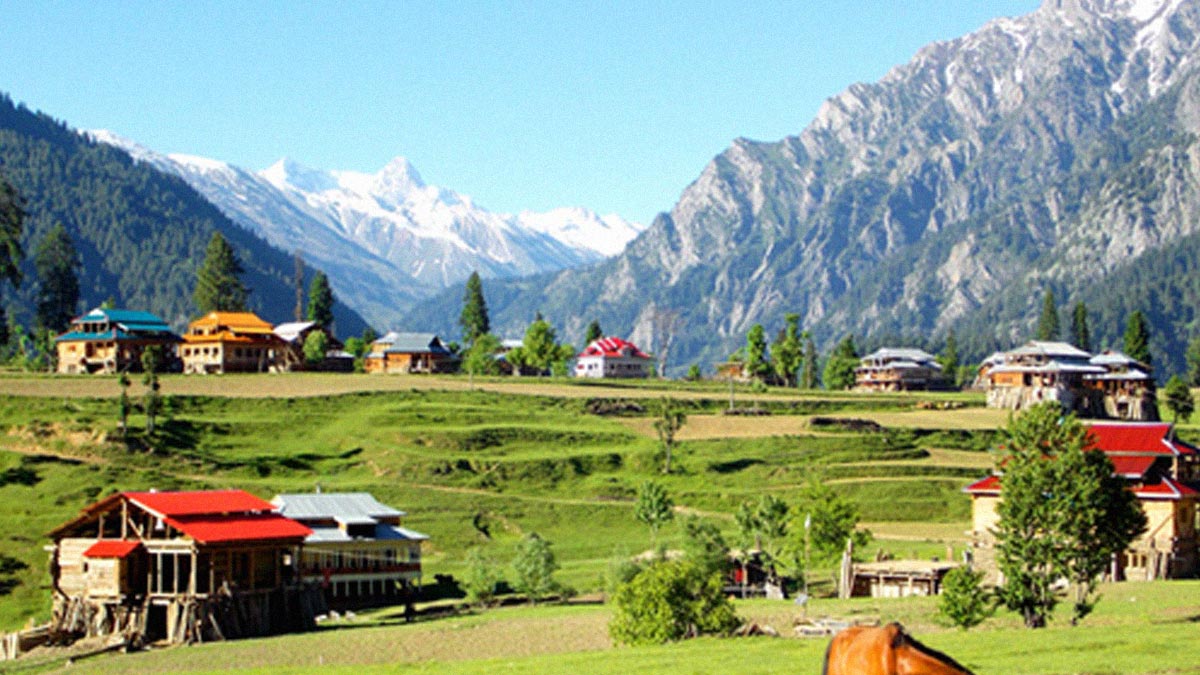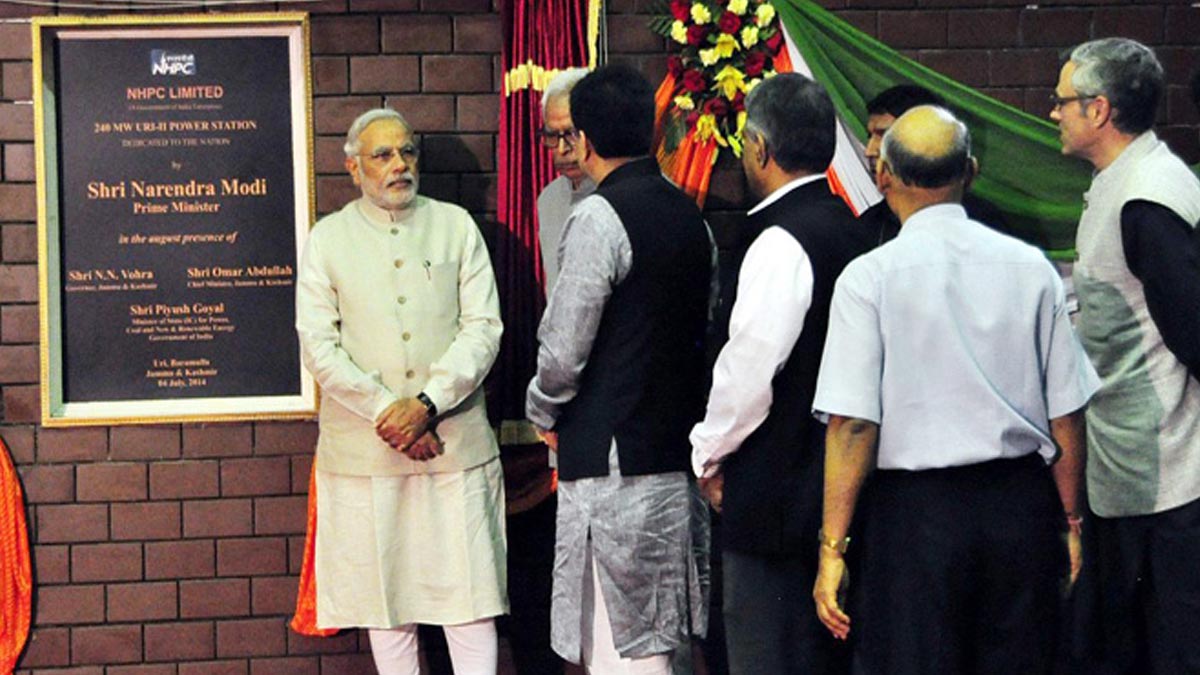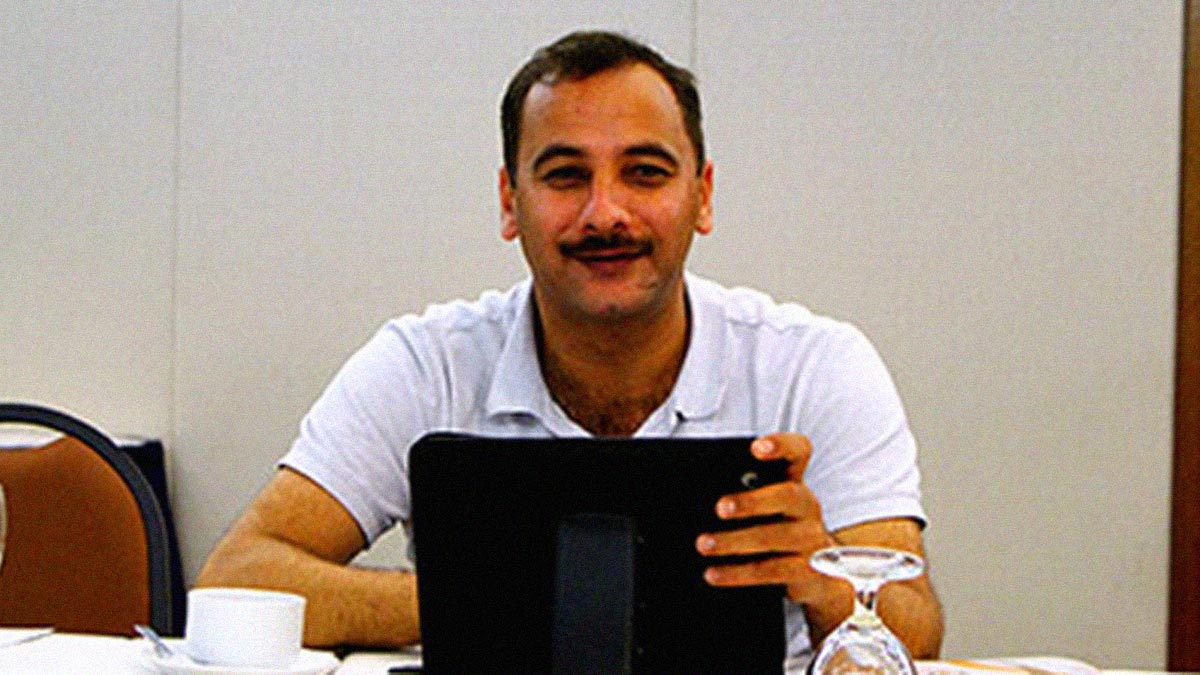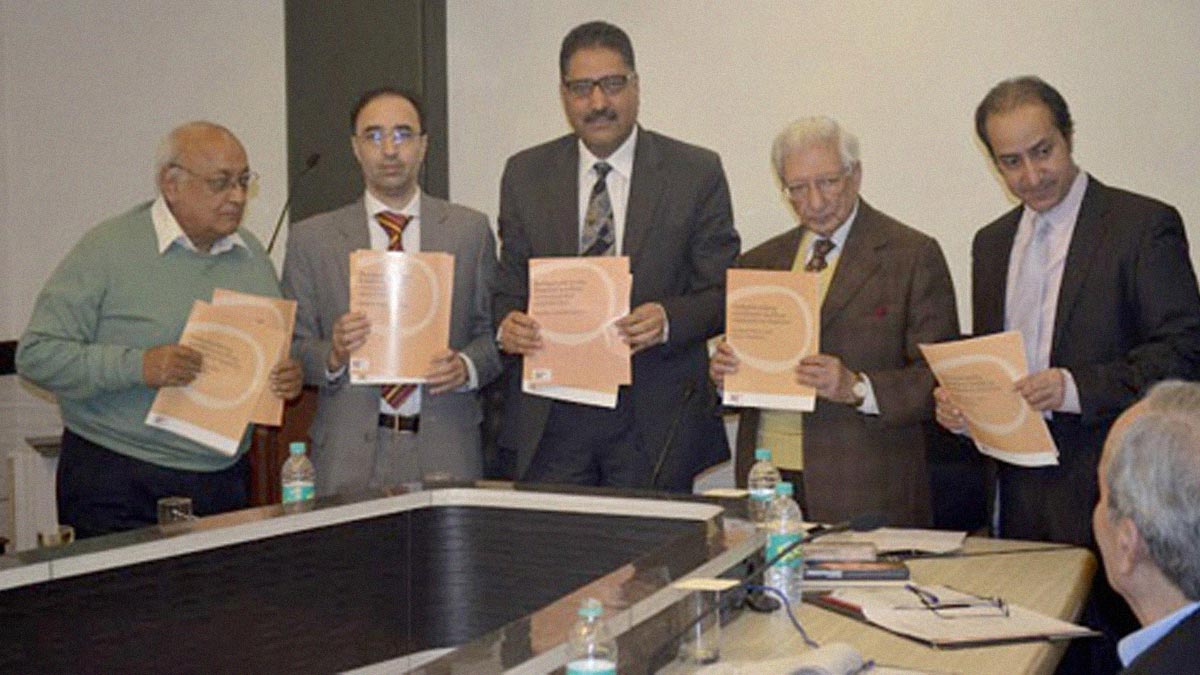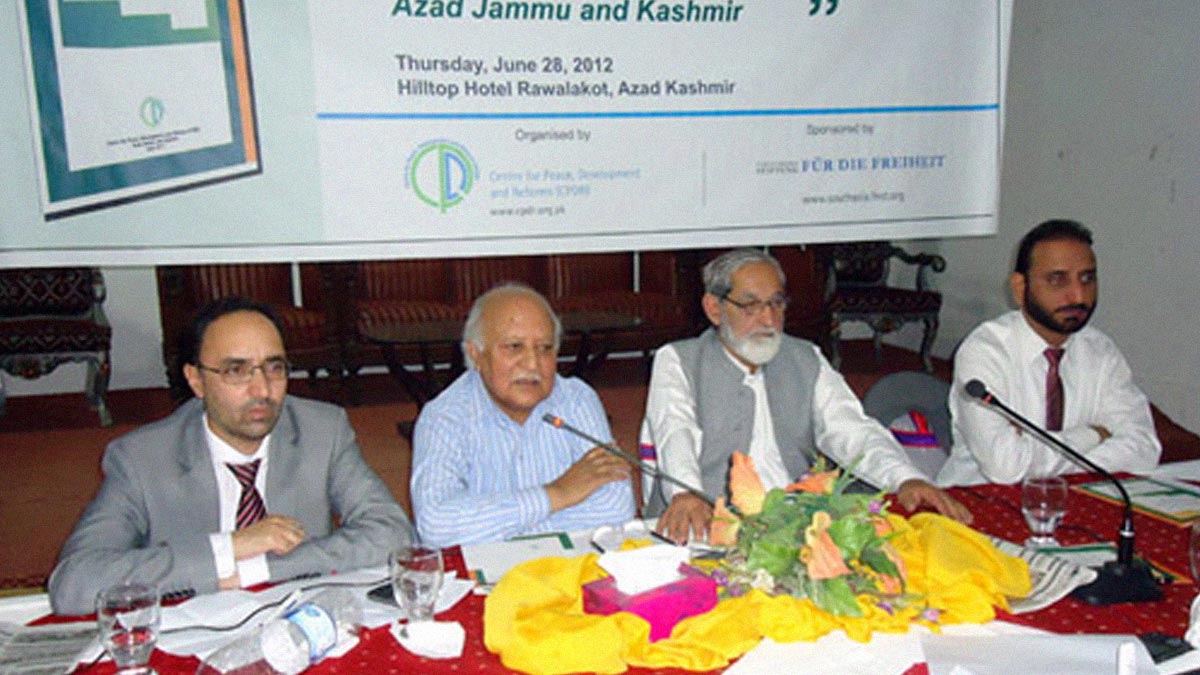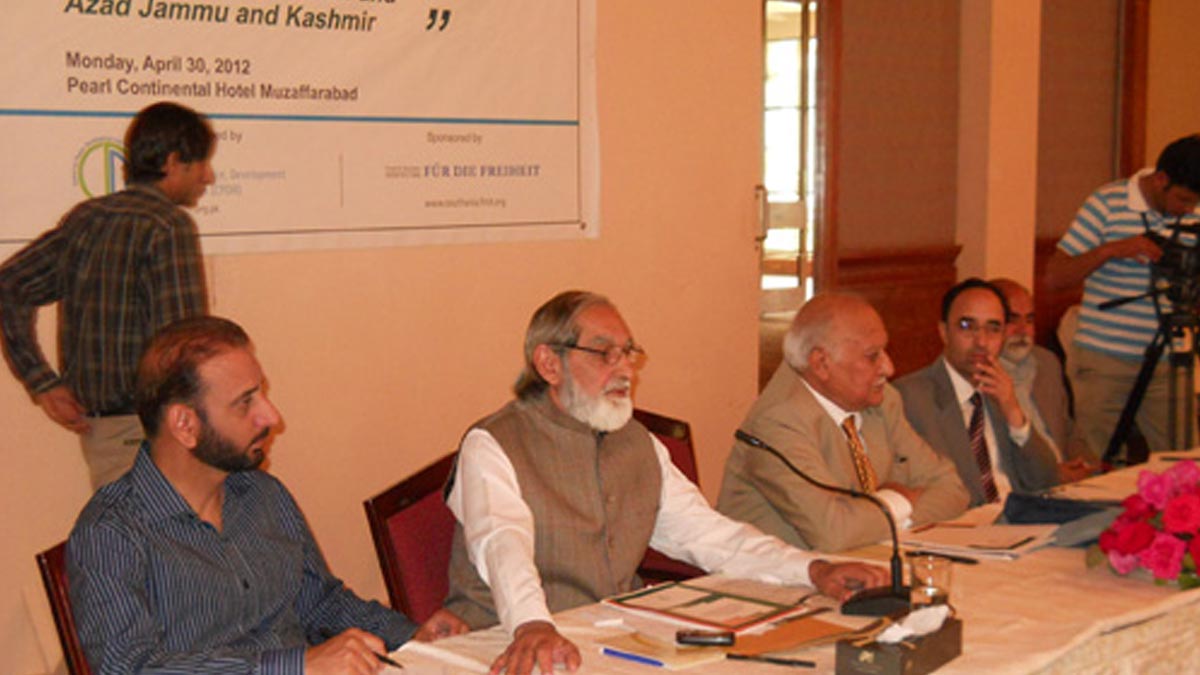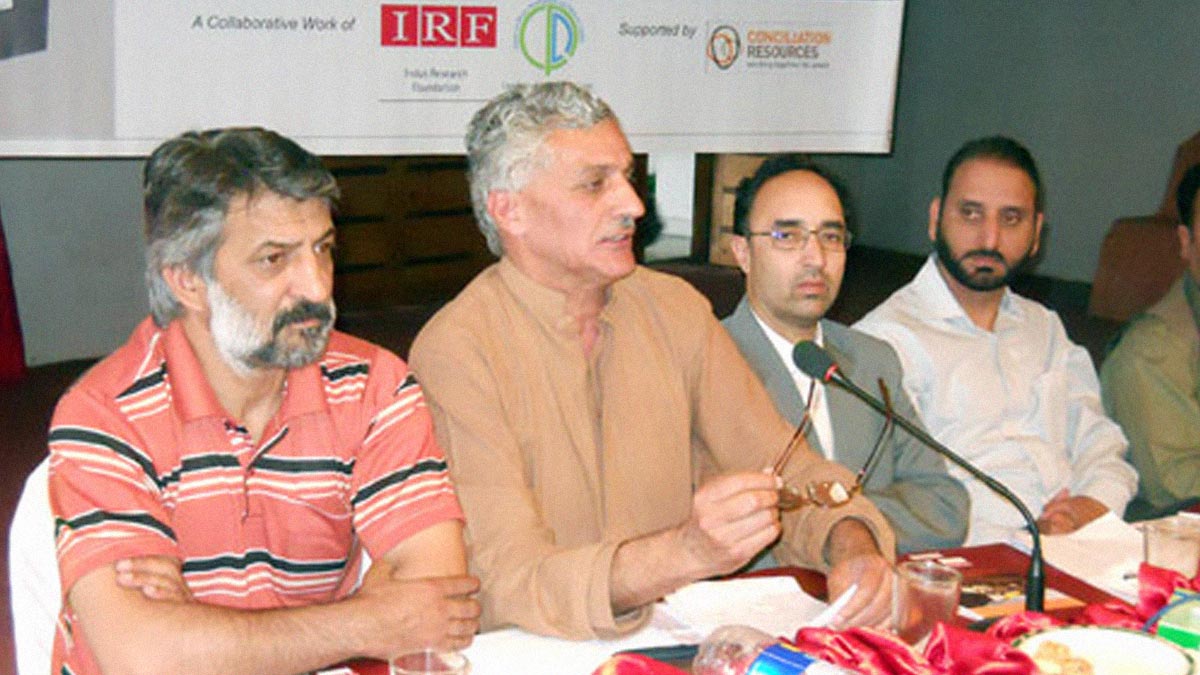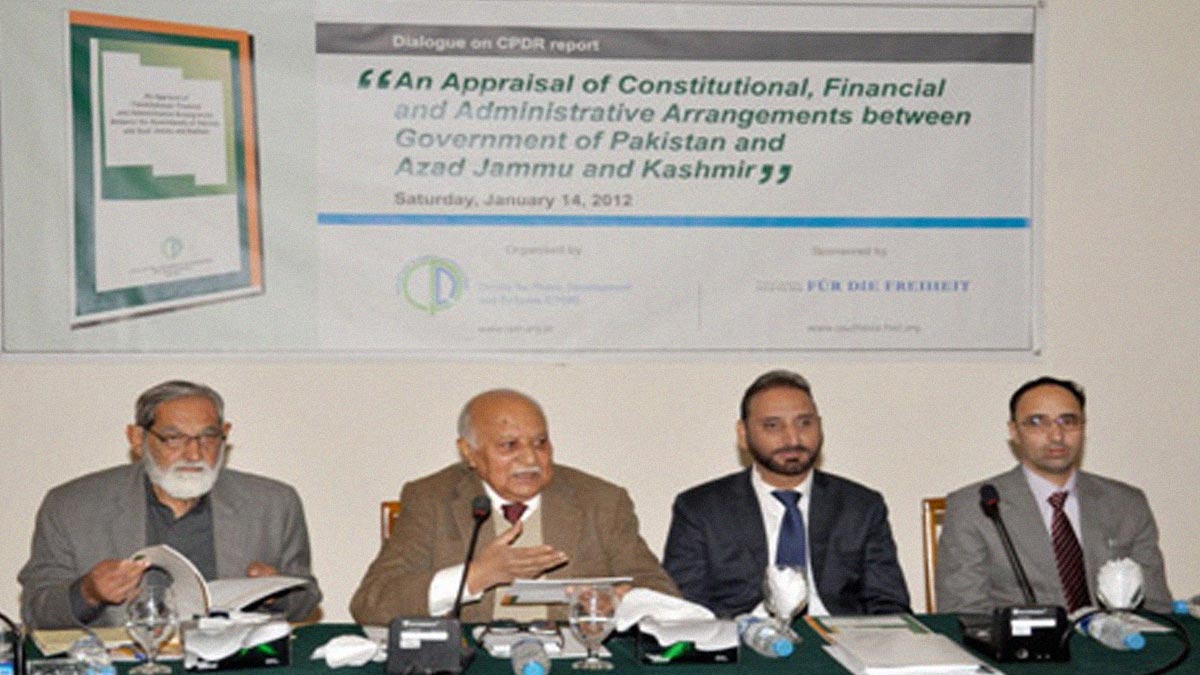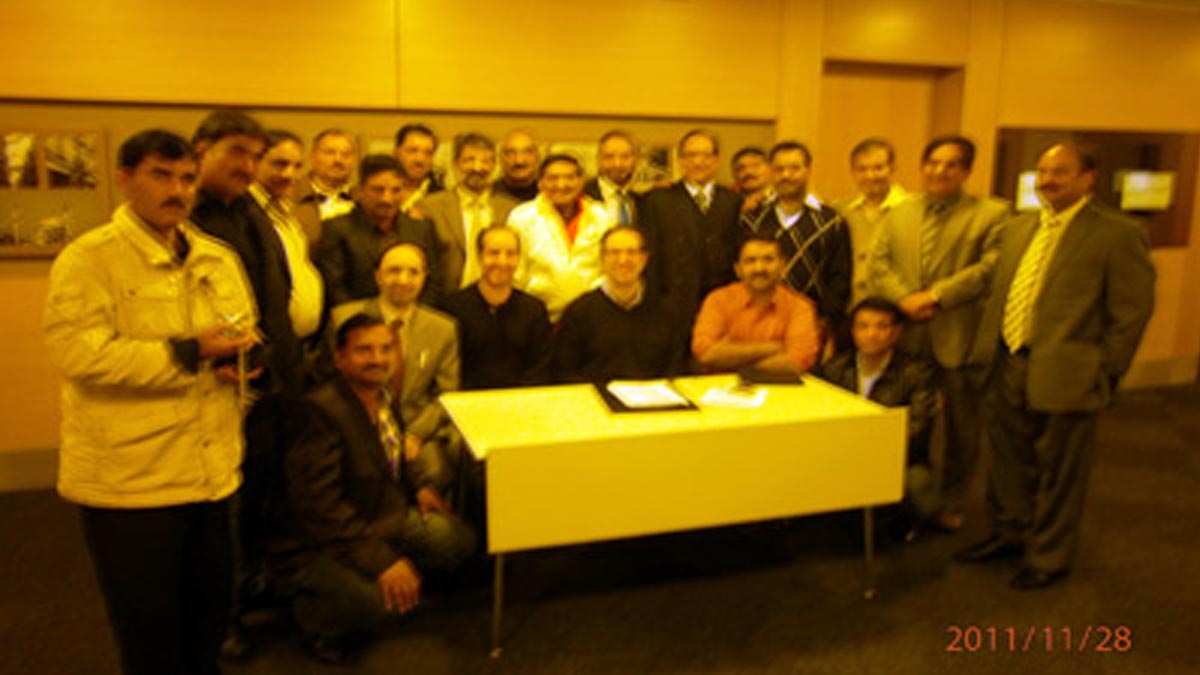- August 29, 2015
- @admin
- 0
- 29th August 2015
Journalist-turned politician Senator Mushahid Hussain Sayed, also Chairman of Senate Defence Committee, says it was a rare moment in Pakistan politics, when military, public opinion and political class have joined together to oppose India’s attempts to shift goal posts on Kashmir.
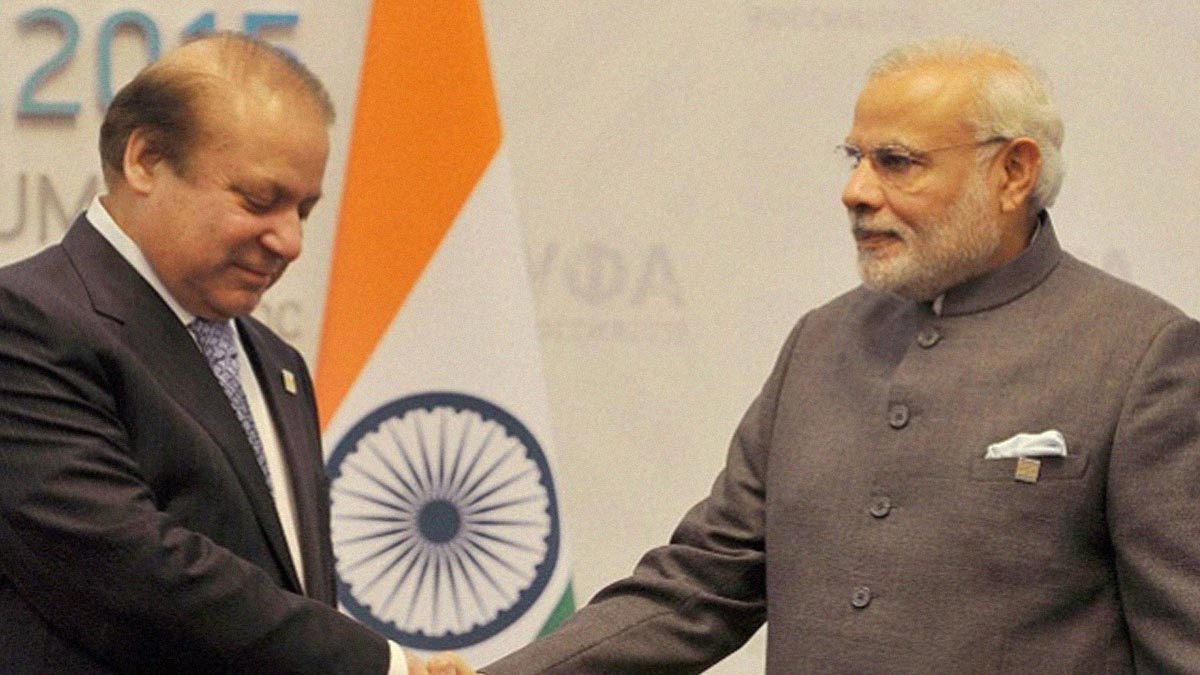
Prime Minister Narendra Modi’s tough messages that Kashmir, henceforth, was a “no-go” area in the bilateral discussions, has sent worried signals not only in the Pakistan’s traditionally anti-India establishment, but amongst peaceniks, known for lobbying for a softer approach towards India. They feel that the latest Indian stance has made Prime Minister Nawaz Sharif’s position precarious, even more vulnerable than it was after Kargil war of 1999. Sharif, they say, has been struggling for quite some time, to wrest foreign policy from the ambit of military.
Pakistan says it was ready to address India’s “core concerns” on terrorism, but will not allow changing of goal posts on the issue of Jammu and Kashmir. Away from rhetoric, posturing and protestations, foreign offices of both countries were, however, struggling to keep the sprit of Ufa joint statement alive, by arranging meetings between heads of border guards and director generals of military operations (DGMOs) to keep the peace window open.
Interacting with a group of visiting Kashmiri journalists, Pakistan Foreign Secretary Aizaz Ahmad Chaudhry stressed that Pakistan was a changed country now. “They (India) should understand it. We will reciprocate India’s core concerns, but they need to respect our core interest as well… But if they feel, they can browbeat us, it wouldn’t happen,” he said. On the recent terror incidents in Gurdaspur and capturing of a Pakistani origin terrorist Naved in Udhampur, he offered joint investigation into such incidents.
On the issue of the captured Pakistani terrorist, another senior official in his ministry was amazed that they were still to receive any demarche from India. “All we hear about Naved and others is through media. They (India) have not even issued a demarche or even informed us through diplomatic channels about these captured terrorists like it was done in case of Ajmal Kasab,” he said. In world diplomacy demarches are issued to protest or object to actions by a foreign government.
A Pakistani interlocutor, who was recently in India to fine-tune contacts ahead of the national security advisor level talks, was plainly told by top foreign office officials in New Delhi that Modi’s message was to look at Pakistan policy beyond those adopted by his mentor Atal Bihari Vajpayee and the Congress regimes. “The impression, I got from my interlocutors in New Delhi was that Modi wants to be different not only from the Congress governments, but from Vajpayee also,” he said.
Also Read: Why Modi’s Pakistan policy faces a serious crisis of credibility
Chaudhry, said it was unfortunate to blame Pakistan for distorting the agenda agreed at Ufa. He, however, agreed that while a substantive discussion on Kashmir was not at the agenda of NSA talks, both sides were to discuss modalities and formats to discuss the unresolved issues that definitely included issue of Jammu and Kashmir. The three point agenda proposed by Pakistan included discussion on all issues related to terrorism, reviewing progress on actual decisions made at Ufa i.e. prompt release of fishermen, better arrangements for religious tourism, and activation of mechanisms for restoring peace across the LoC and the international boundary. The third point was intended to explore the modalities for discussions on all other outstanding issues including Kashmir, Sir Creek and Siachen, he said.
Pakistani officials were also amazed at the dates of the NSA talks as proposed by India, coinciding with external affairs minister Sushma Swaraj’s visit to Egypt. Pakistan in its delegation had also included its foreign secretary, to allow foreign offices also to interact at the higher levels. “”But it seems dates were given deliberately to not allow any discussions beyond the two NSAs,” said an official. Pakistan, they say, was keen to combine NSA talks with an informal consultations between the two foreign offices as well.
Indo-Pak deadlock ends: Pakistan calls off NSA talks, India calls it ‘unfortunate’
Peacenik and head of think-tank Jinnah Institute Sherry Rahman believes that after a long time, the K-word is back in political mainstream conversation, but not in a good way. She says in Pakistan over the years peace with India had become a majoritarian consensus. Her own party Pakistan People’s Party (PPP) along with Nawaz Sharif’s Pakistan Muslim League (PML) were convinced that peace with New Delhi was the only way to stabilise Pakistan. Journalist-turned politician Senator Mushahid Hussain Sayed, also Chairman of Senate Defence Committee, says it was a rare moment in Pakistan politics, when military, public opinion and political class have joined together to oppose India’s attempts to shift goal posts on Kashmir. Talking about Pakistan-India relations, he said that the problem was confusion in New Delhi about the Pakistan policy of Narendra Modi. He said both countries should take advantage by re-linking Kashmir with the ancient Silk Road, referring to China’s marshal plans of building road and rail links to Gwadar in Baluchistan. “This will generate an enormous economic activity in the region. There will be a network of pipelines, making the region Pipelinestan. China’s proposed sea and land silk-routes meet at Gwadar,” he said. Mushahid was also confident, that current phase of intransigence will end soon, as Western powers will not allow both countries to keep their hostile postures for too long.
Incidentally, Pakistan’s parliamentary dynamics replicates the current Indian Parliament, where Lok Sabha is dominated by the BJP and the Rajya Sabha by opposition. In the lower house, the National Assemby, Nawaz Sharif’s party hold majority but in upper house, the Senate, it is the Pakistan People’s Party which holds the balance. Chairman of Senate Mian Raza Rabbani, also a top PPP leader, while stressing that there was no way but to mend fences with India, as one cannot change neighbours, asked Prime Minister Modi to look at the Pakistan policy away from his domestic politics. He maintained that Islamabad has gone the extra mile to maintain a working relationship, but sentiments had not been reciprocated from the other side. He said that if the issue of Berlin Wall and, more recently, the conflict between Iran and the West could be resolved, why was it that India and Pakistan cannot maintain their relationship, in improving the cultural and economic relationship and also addressing the issue of Kashmir? Rabbani pointed out that one of the reasons for the delay in the resolution of Kashmir issue was the policy of the West, which wavered in pursuit of its own global interests. He said this was also visible in the case of Afghanistan and the Middle East. “India is a huge market and the United States wants to play footsie to counterbalance its relations with China,” Rabbani said.
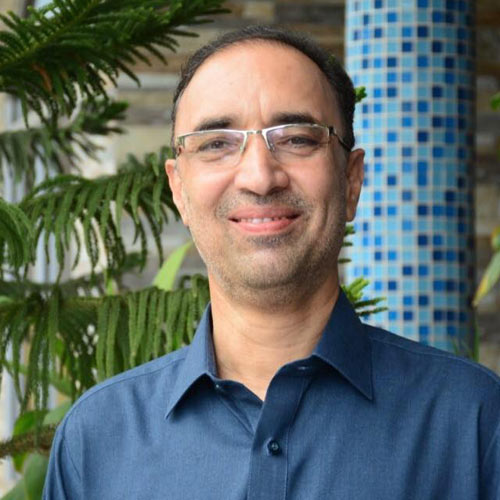
Ershad Mahmud
The writer is a freelance contributor. He can be reached at:


